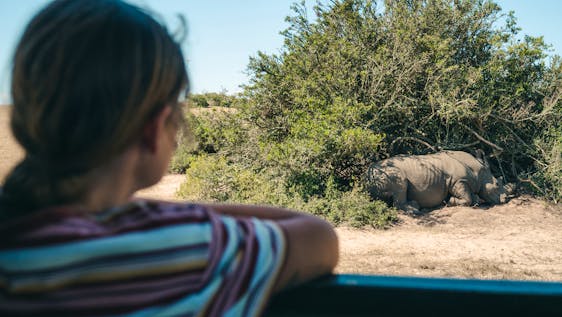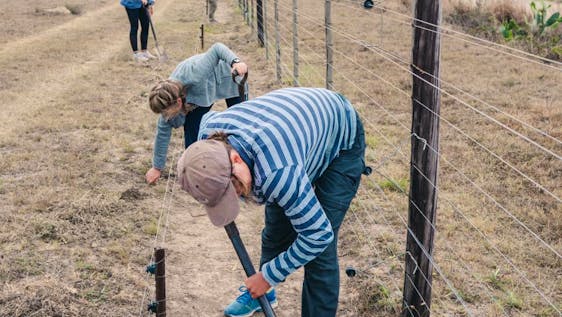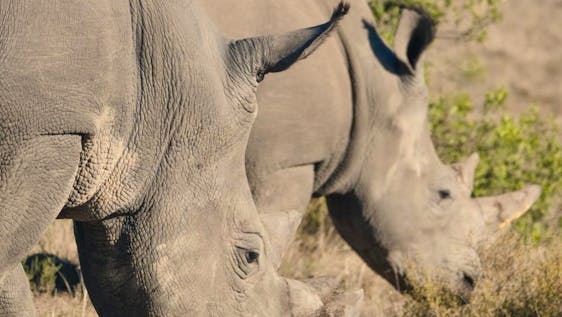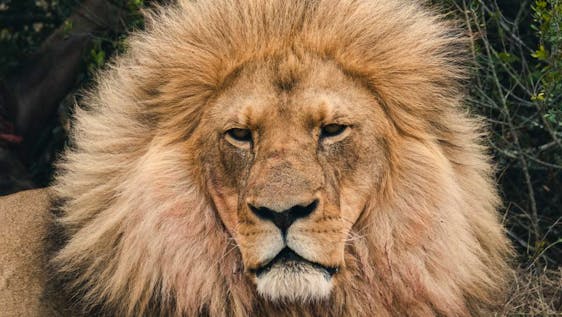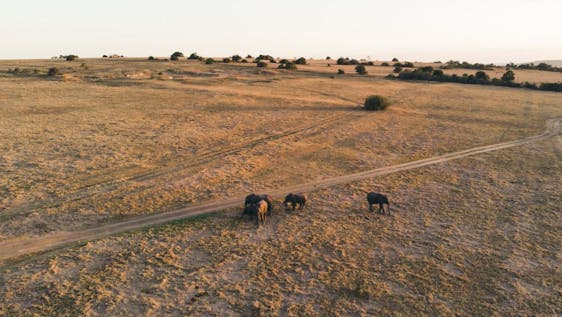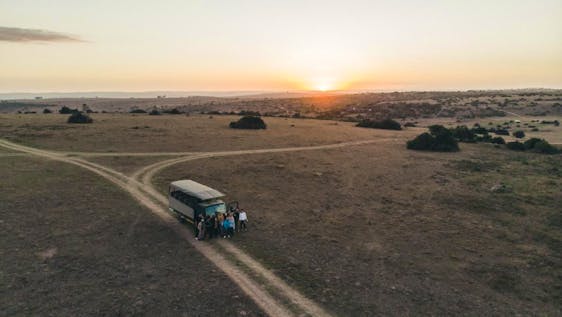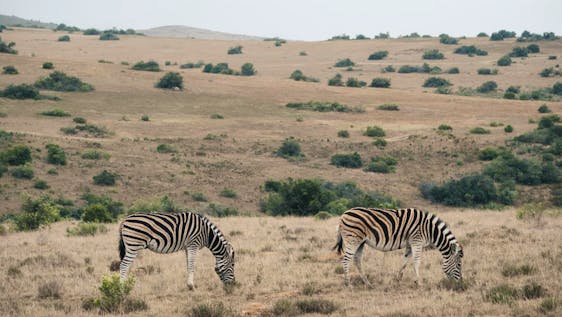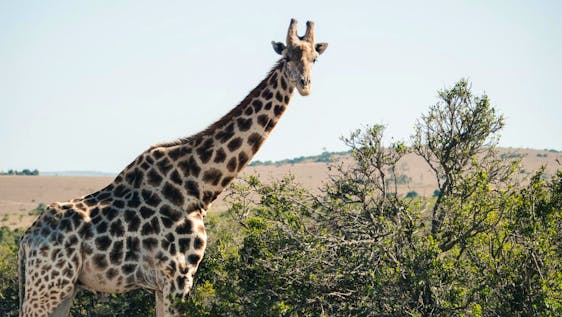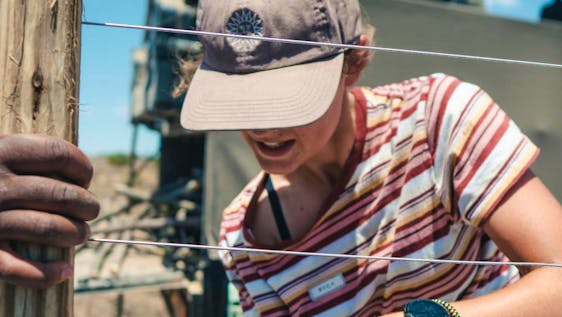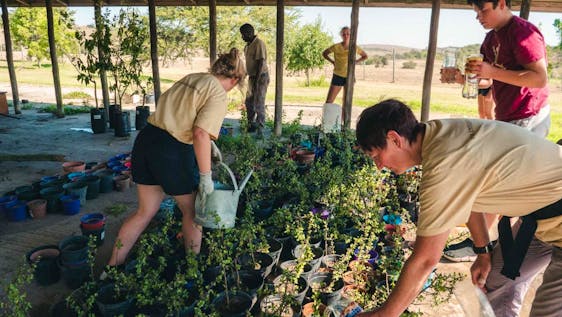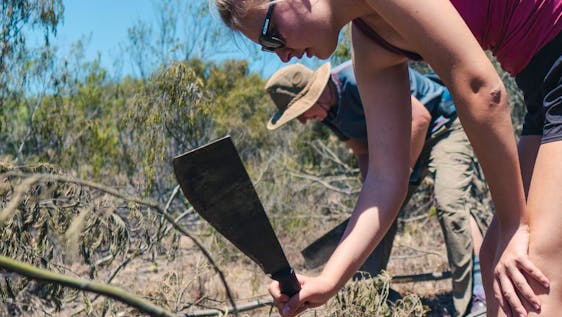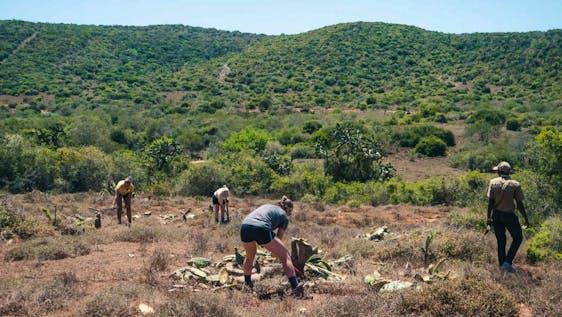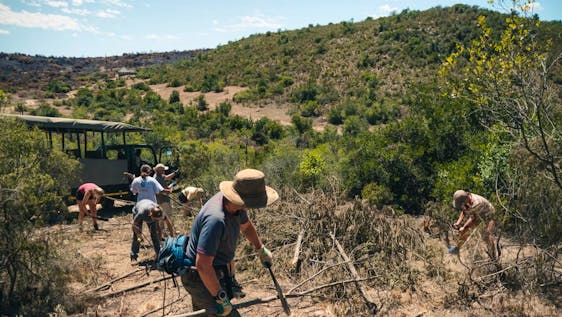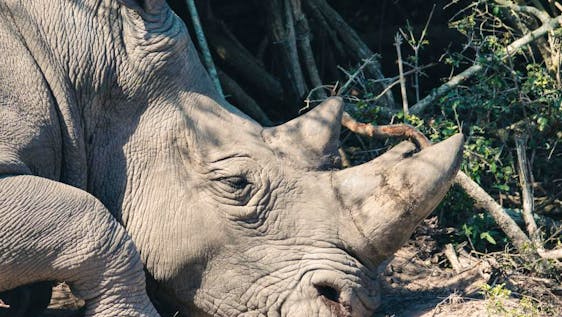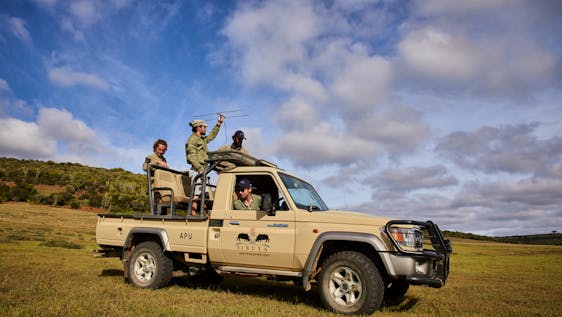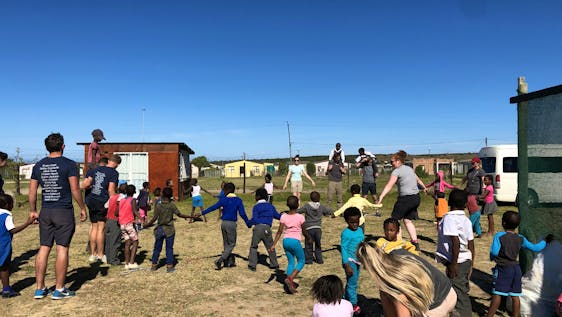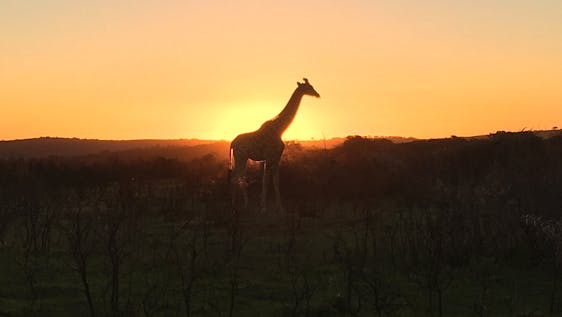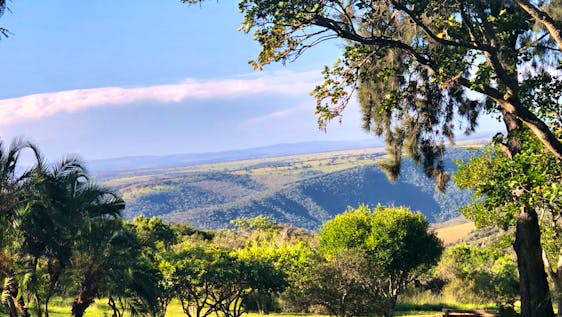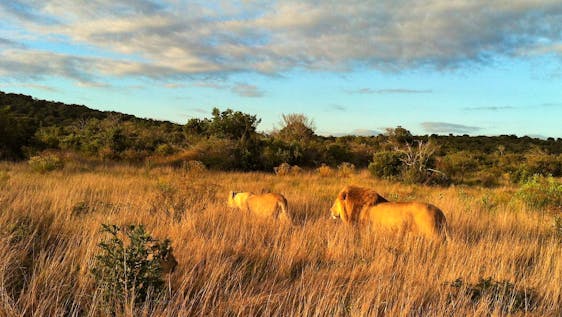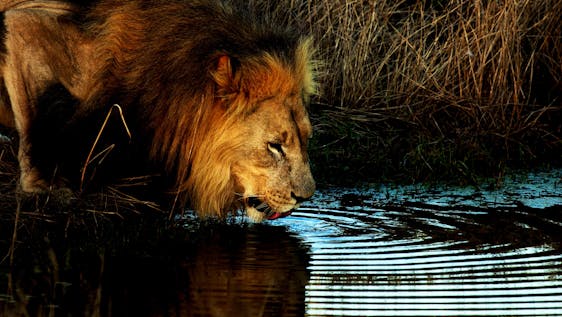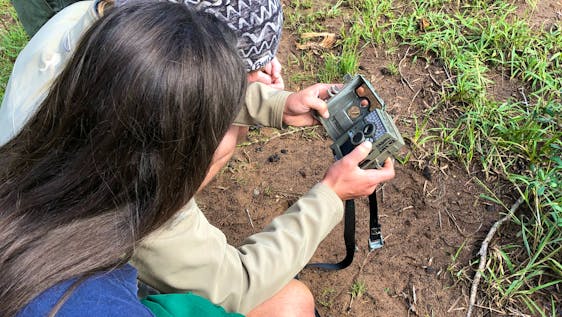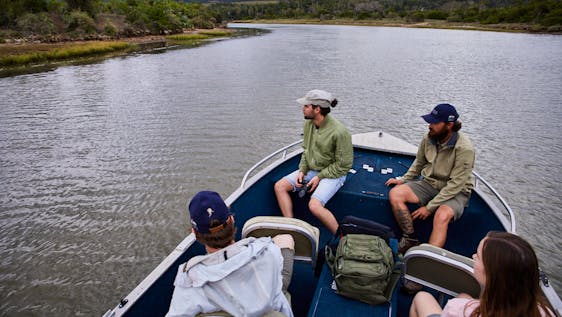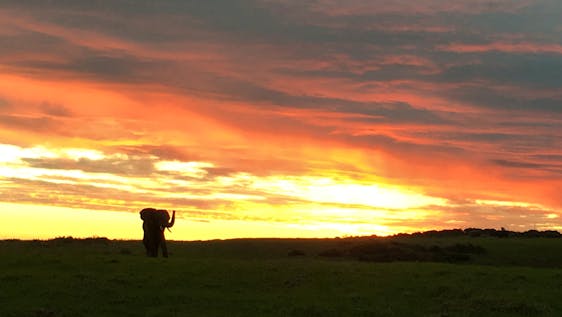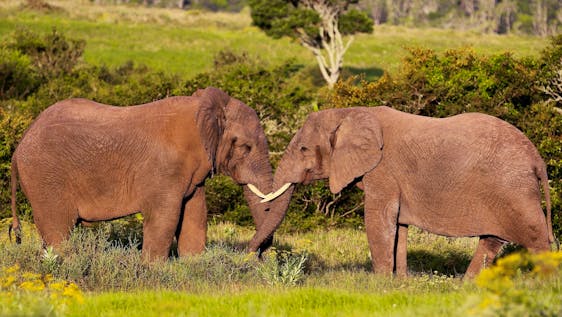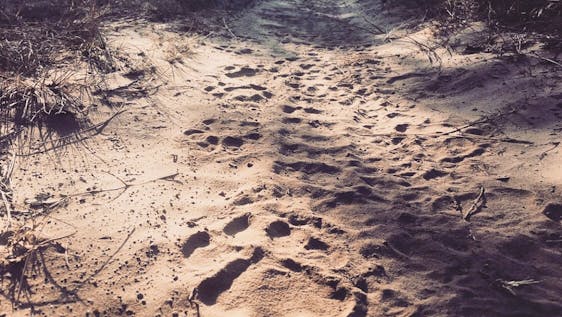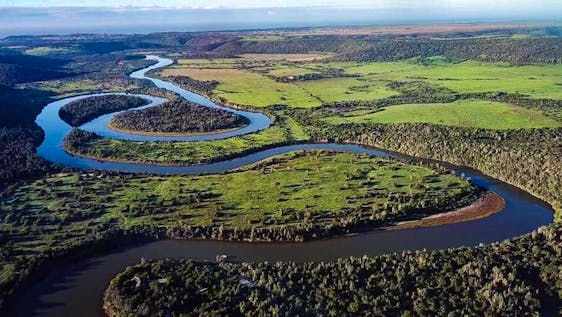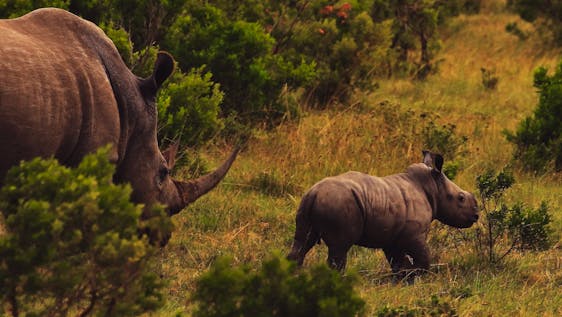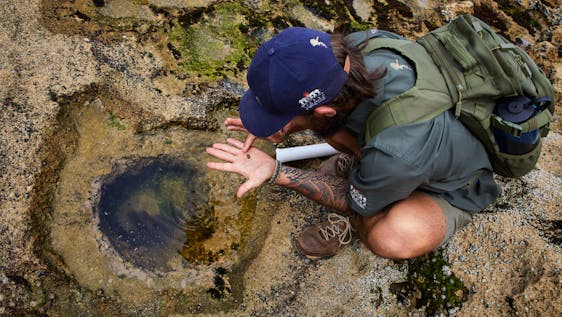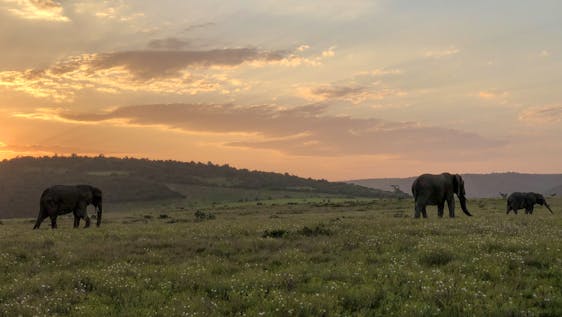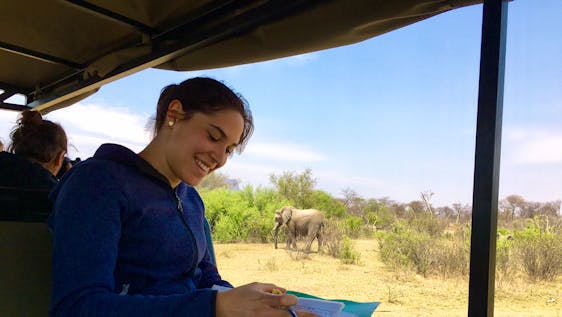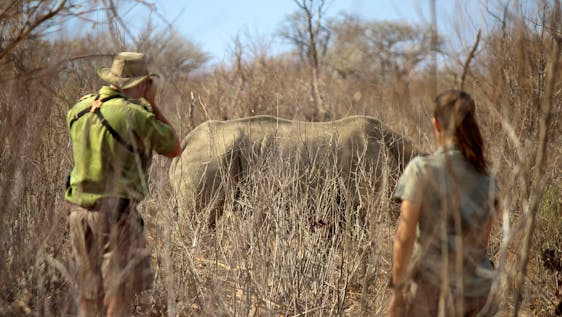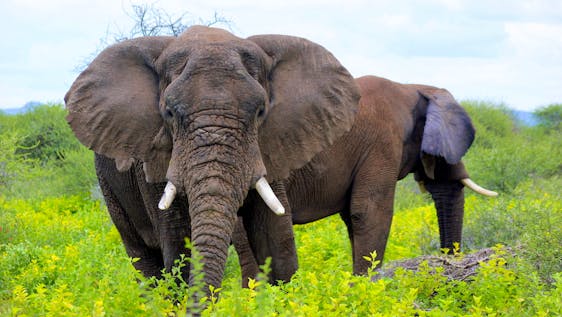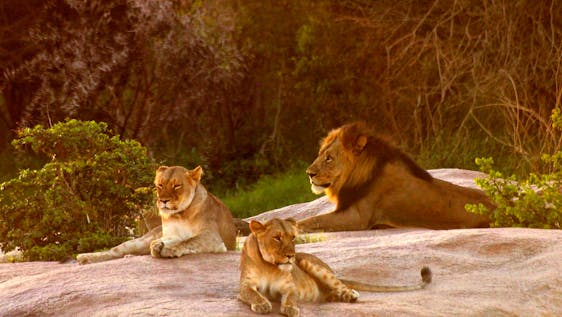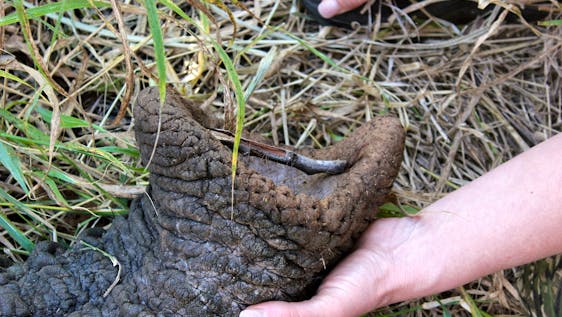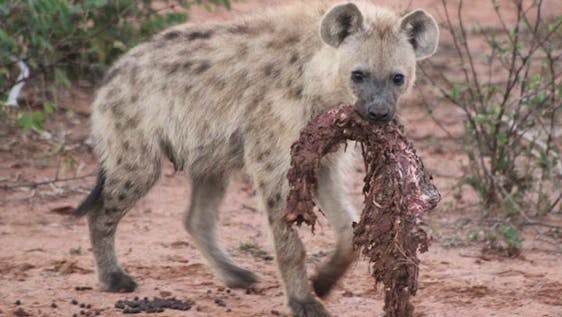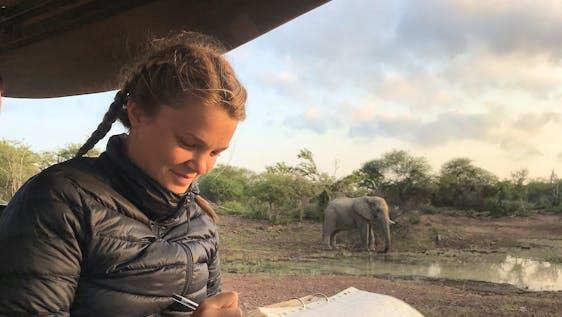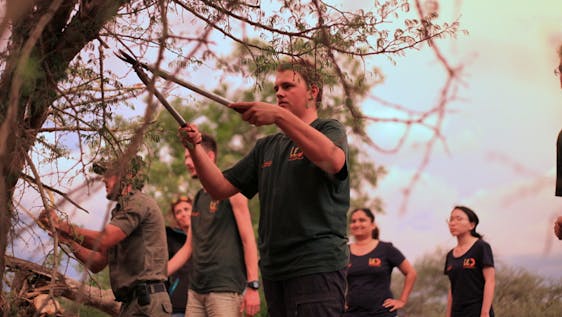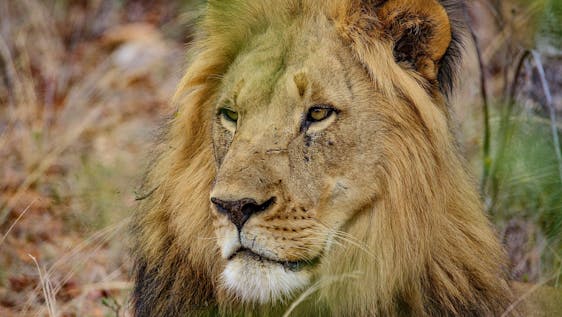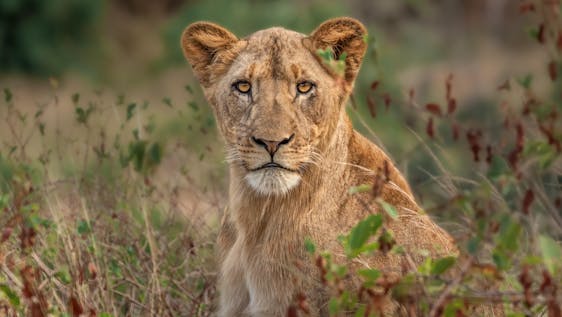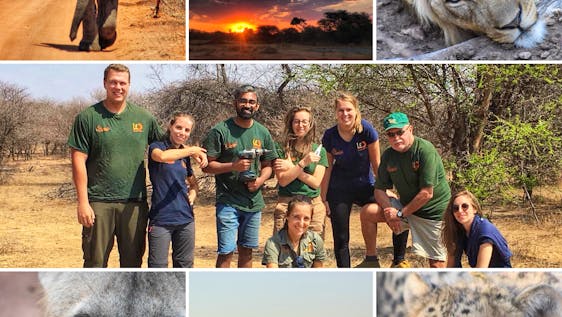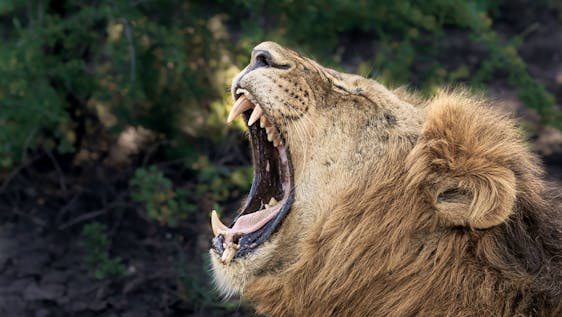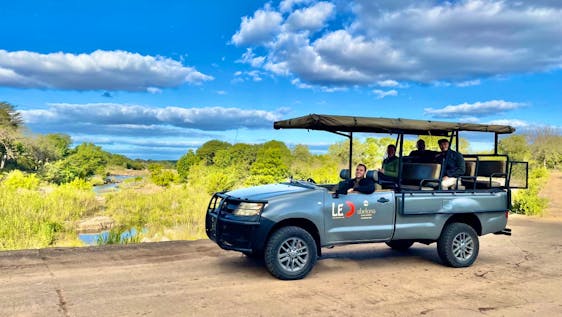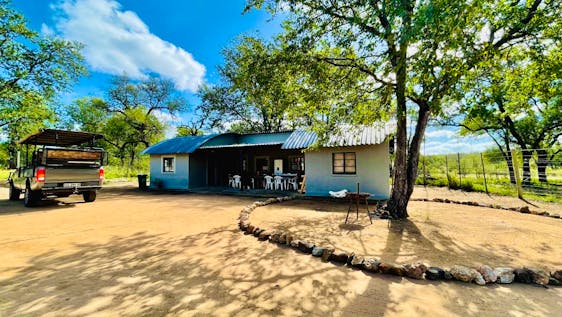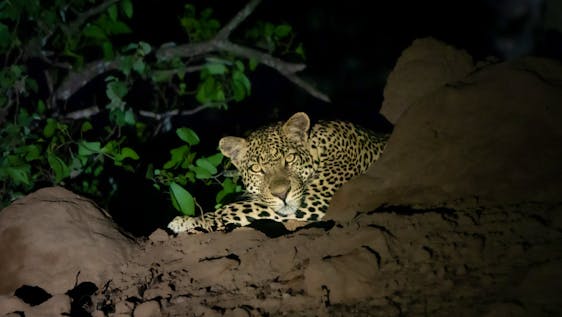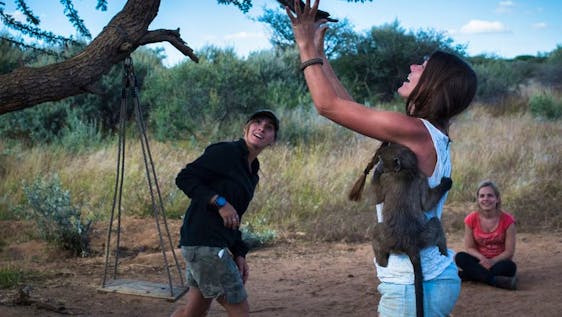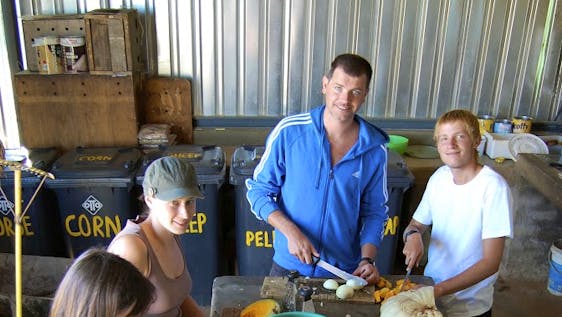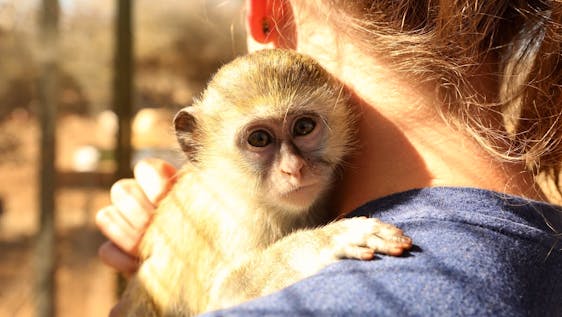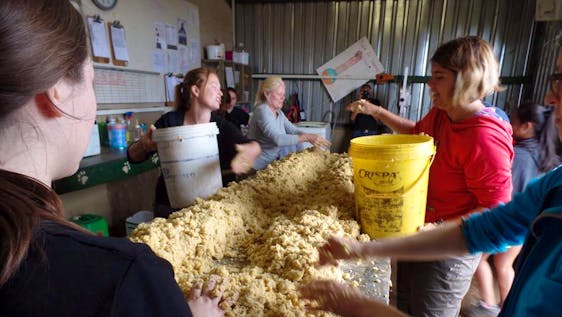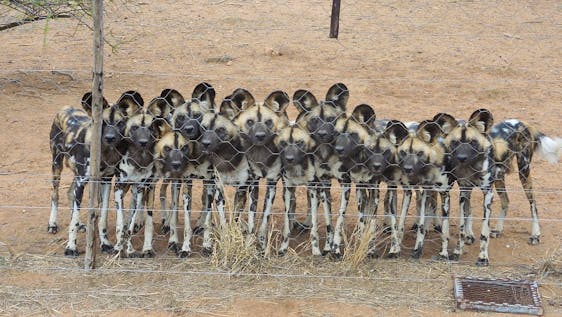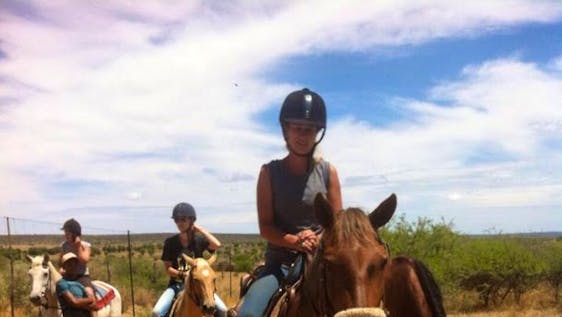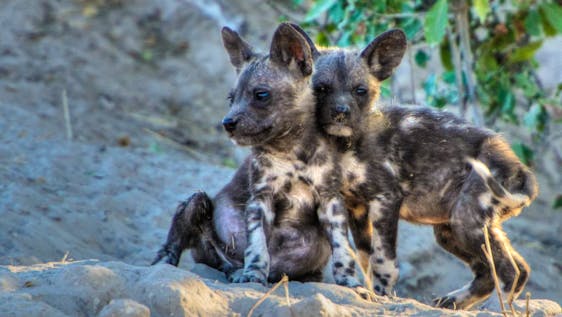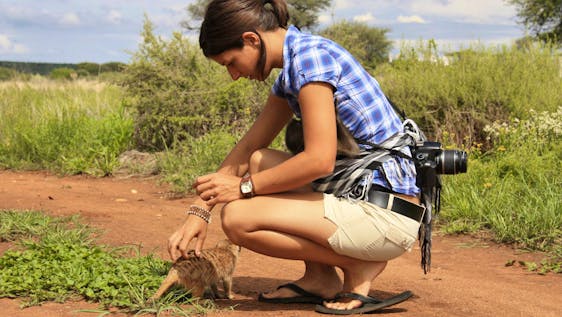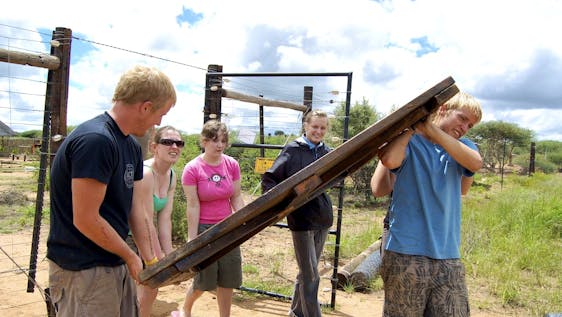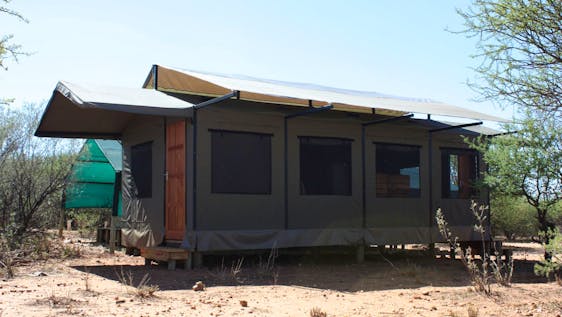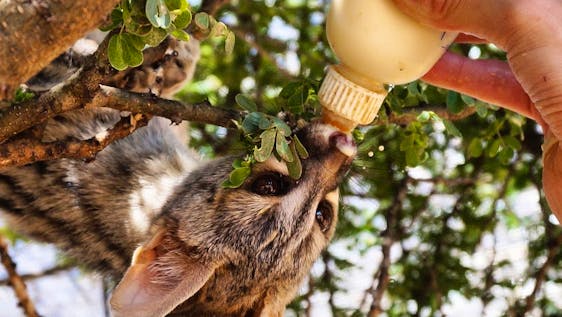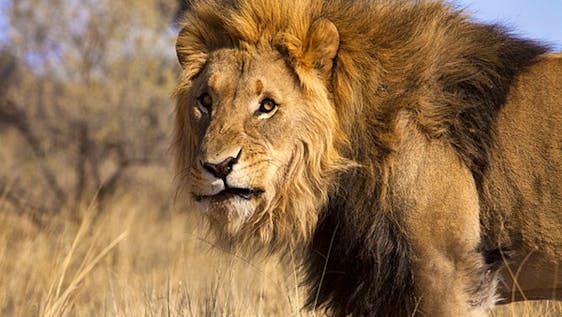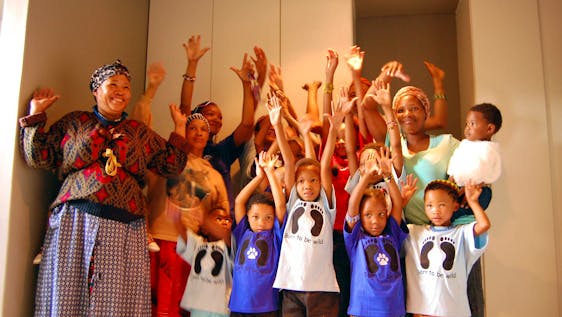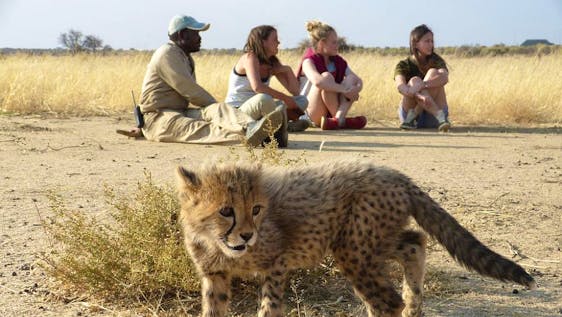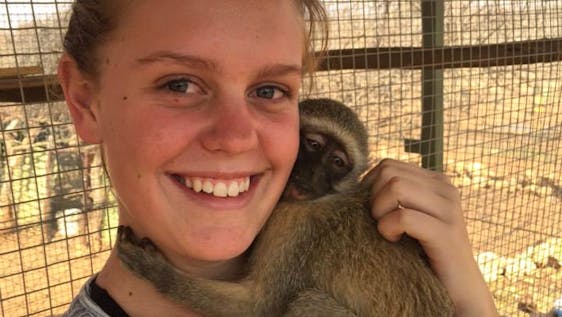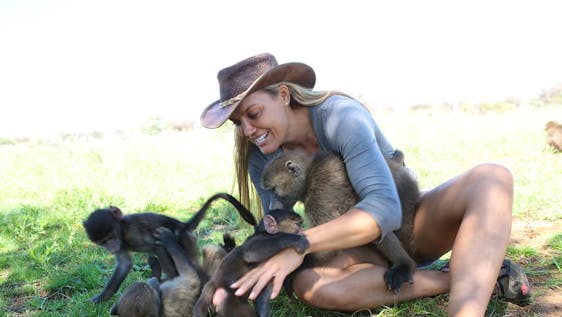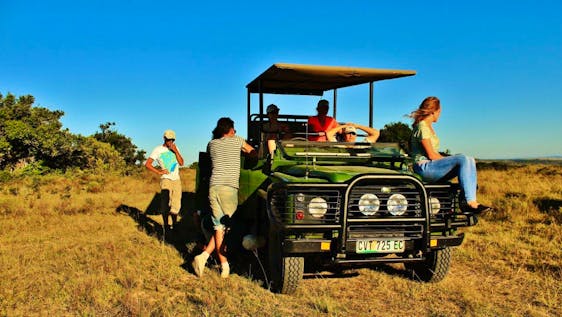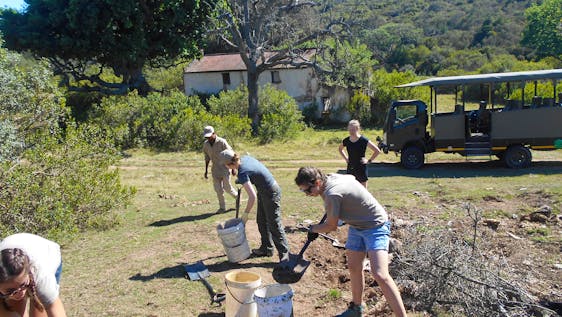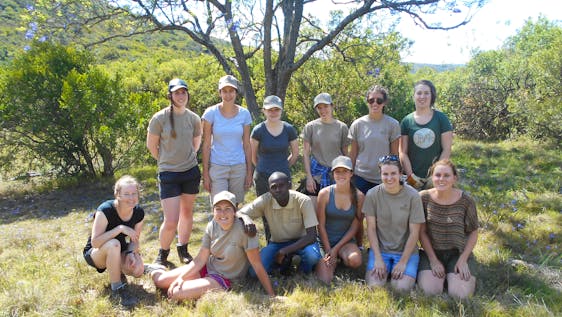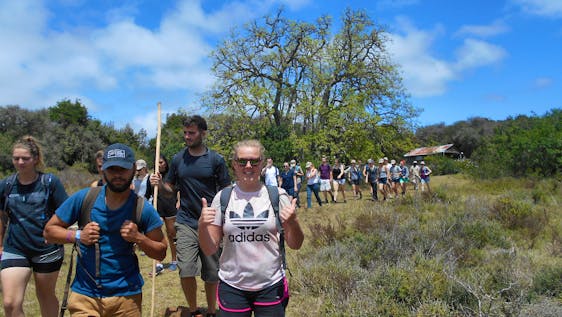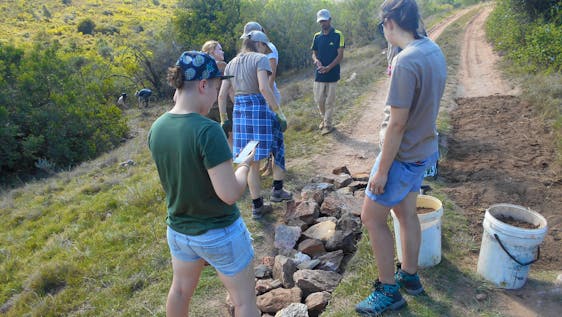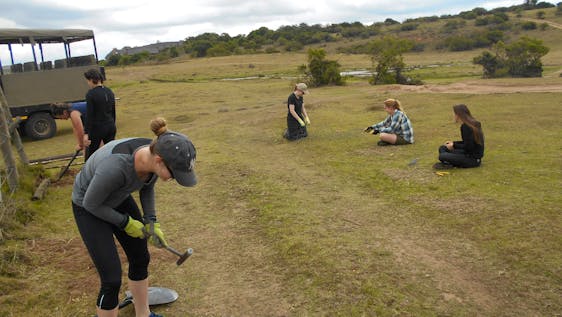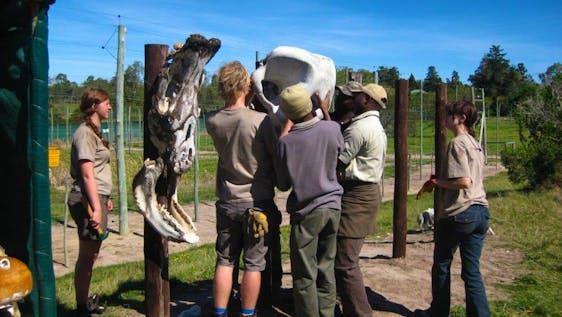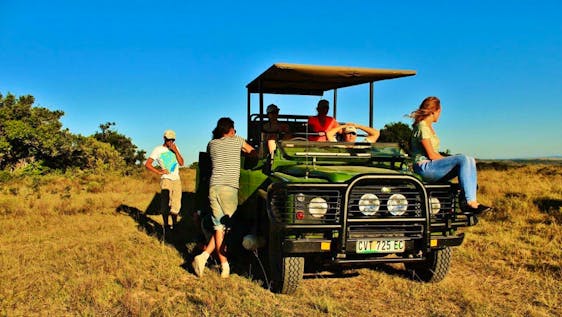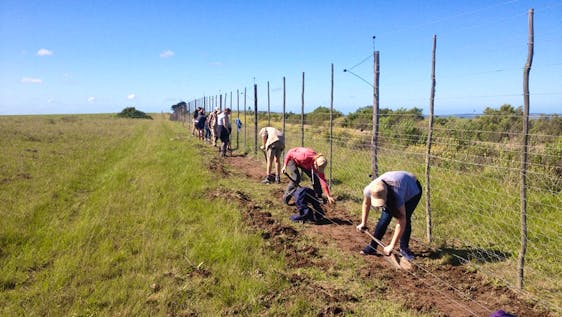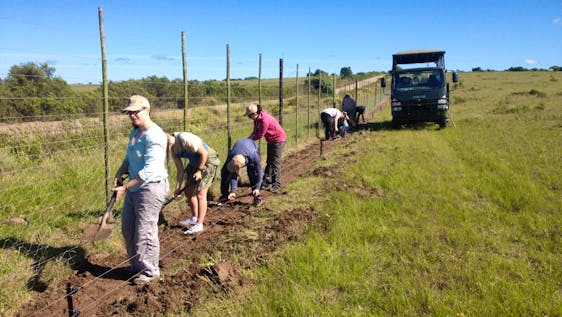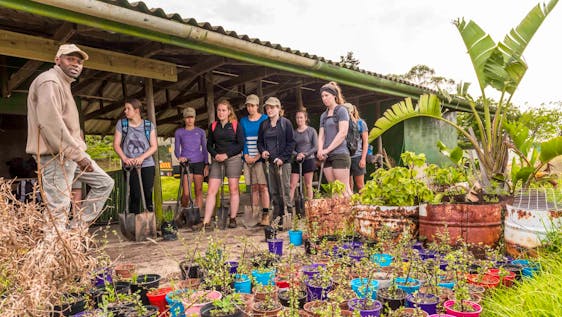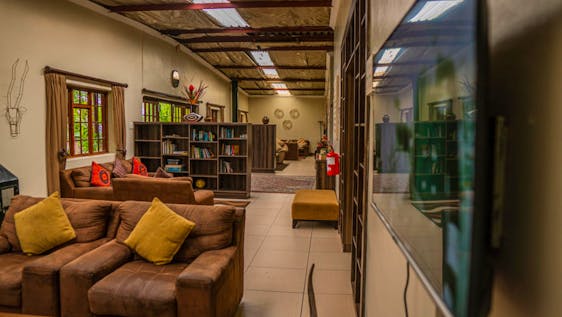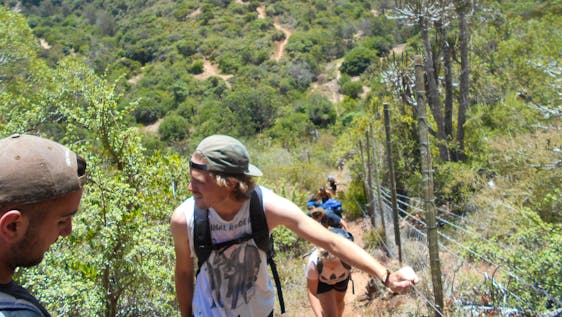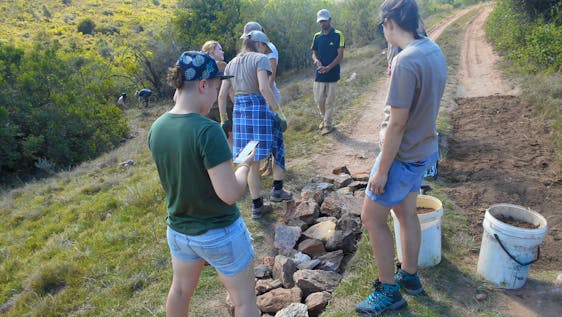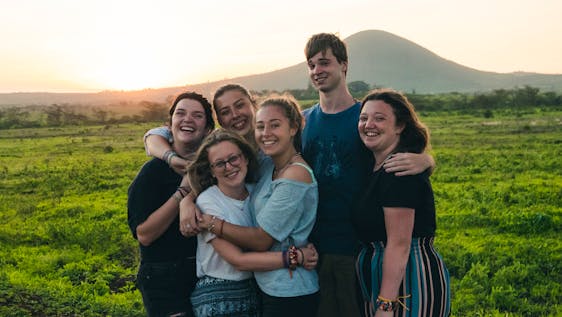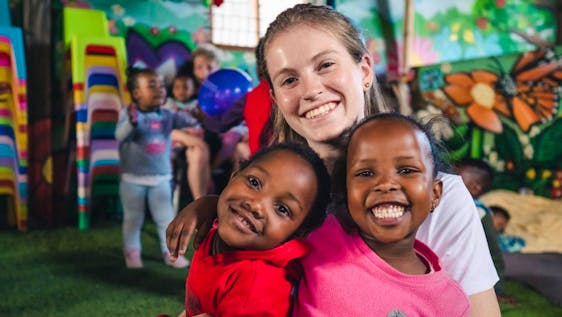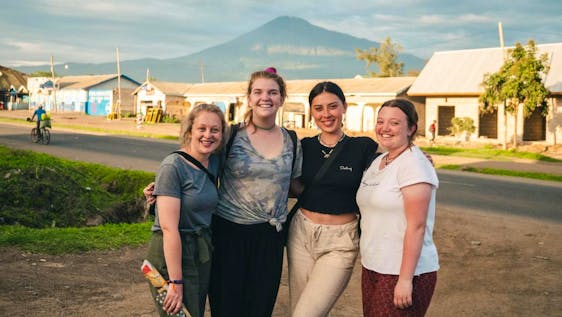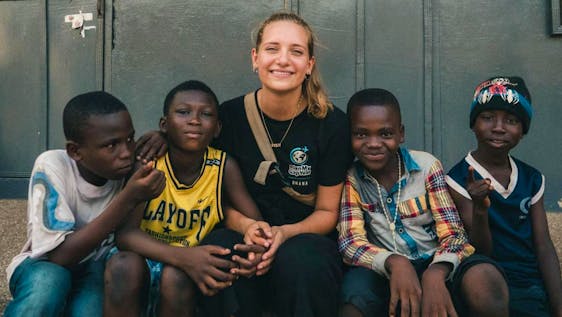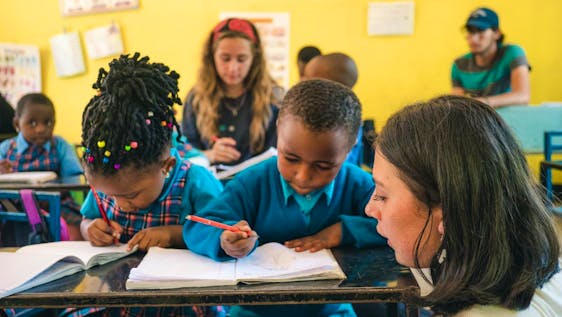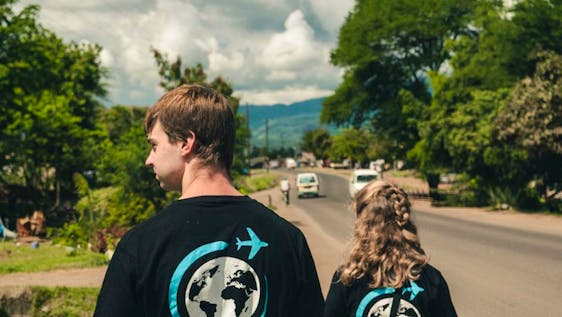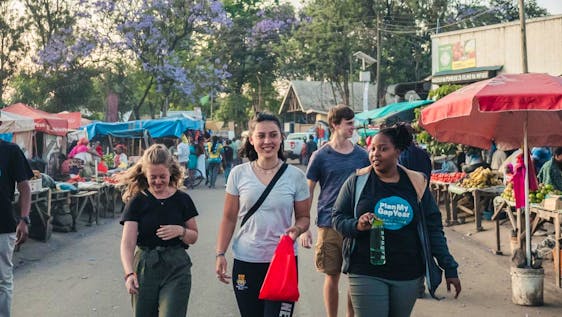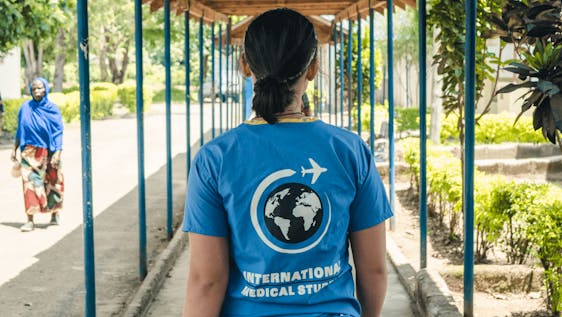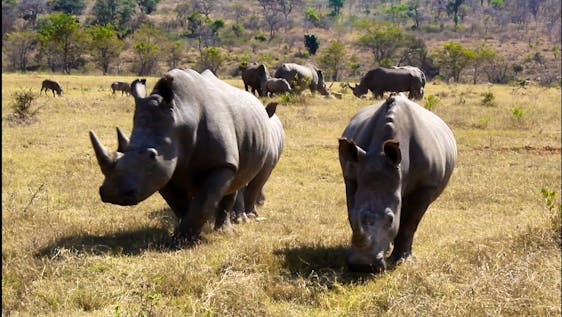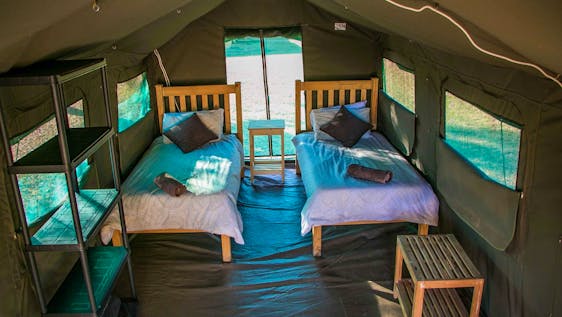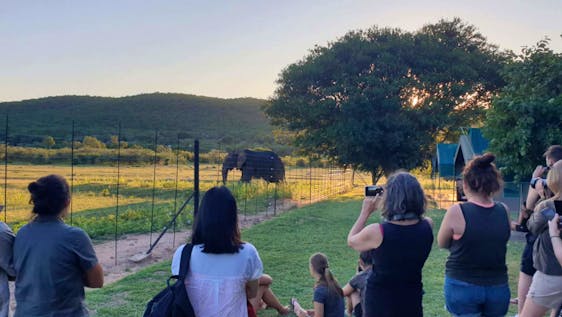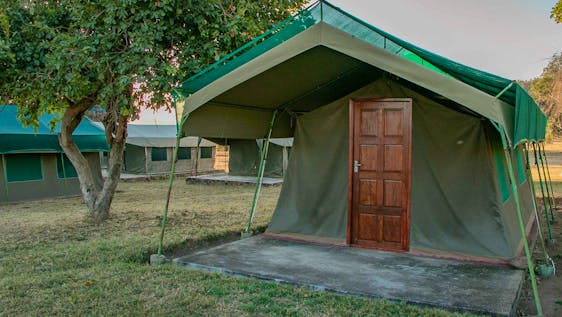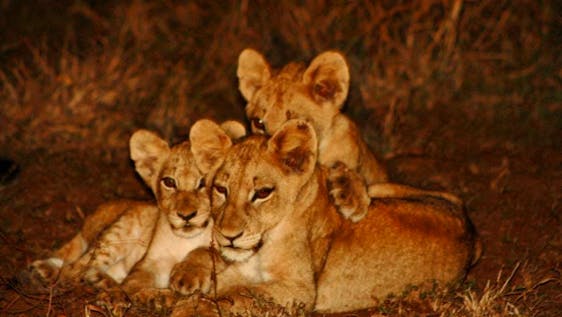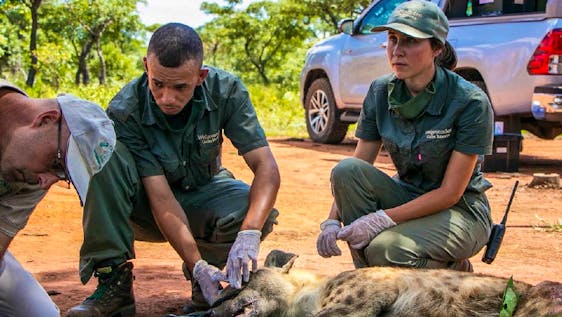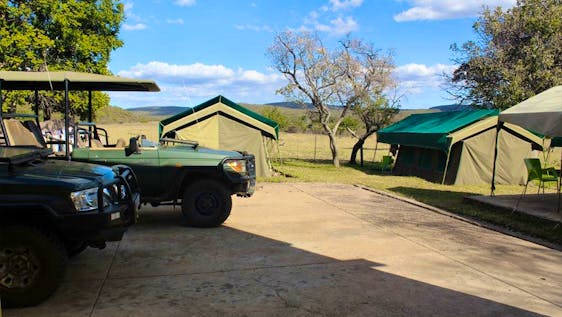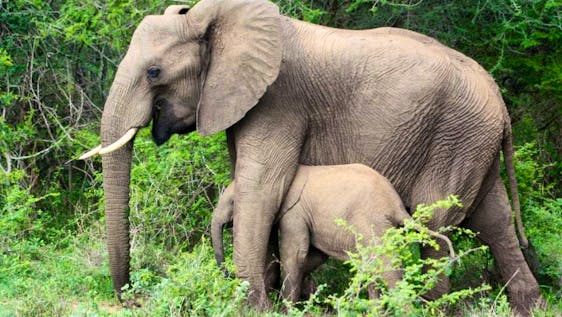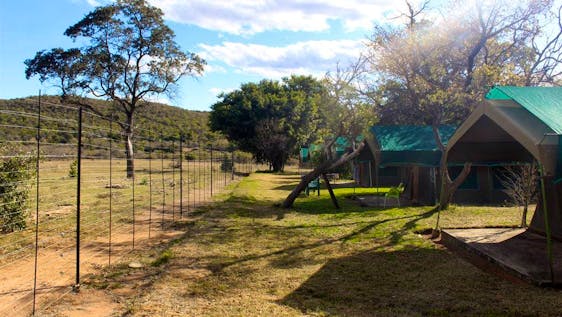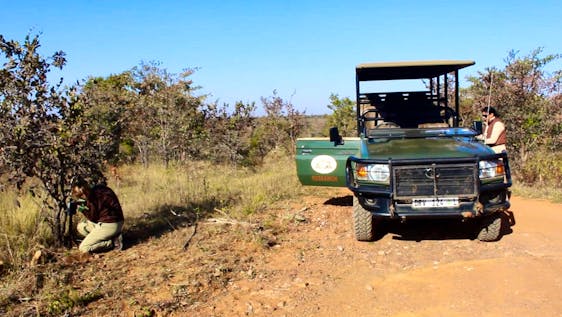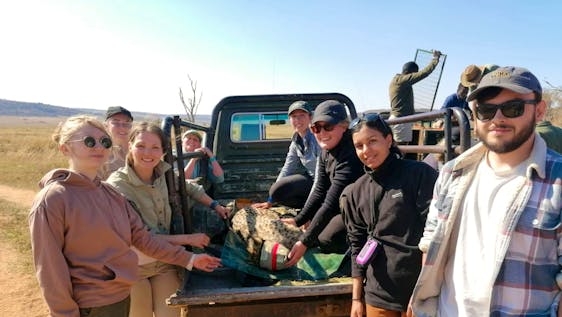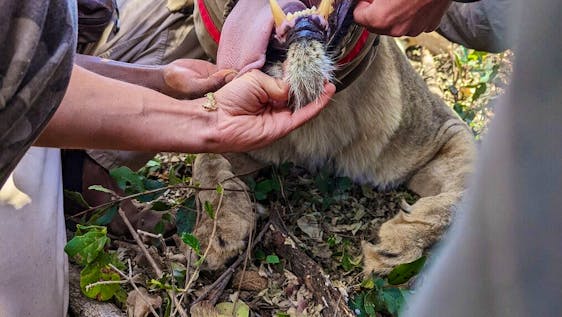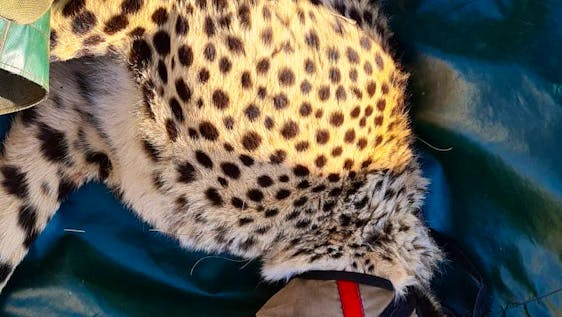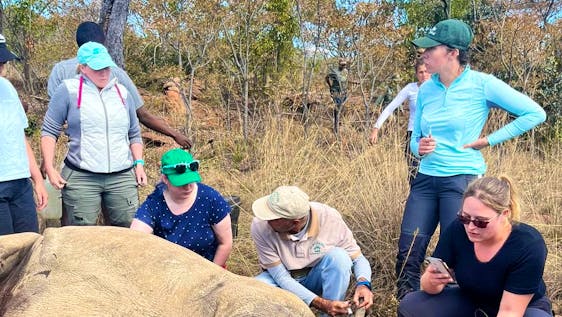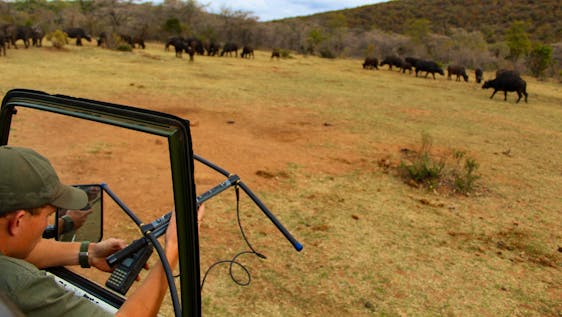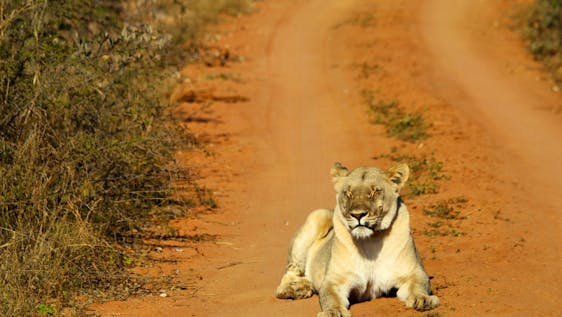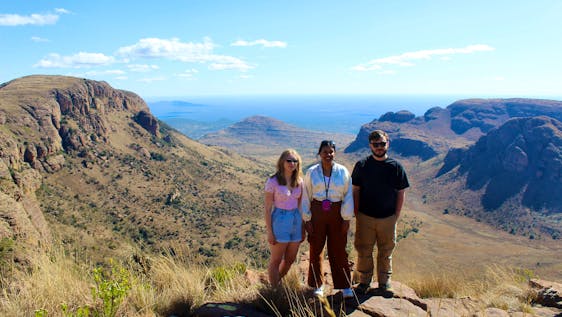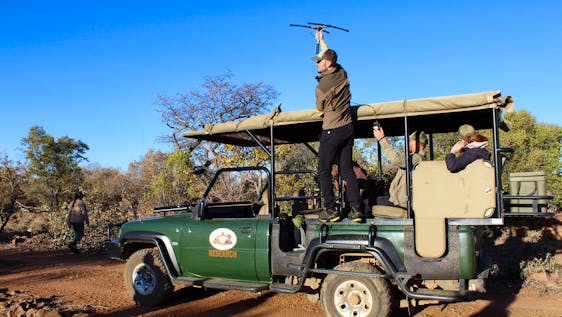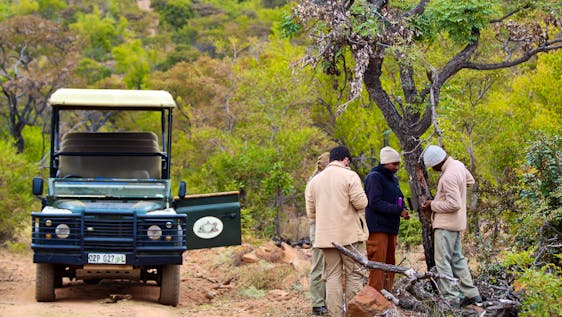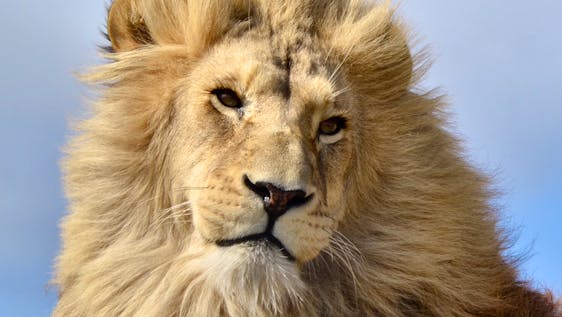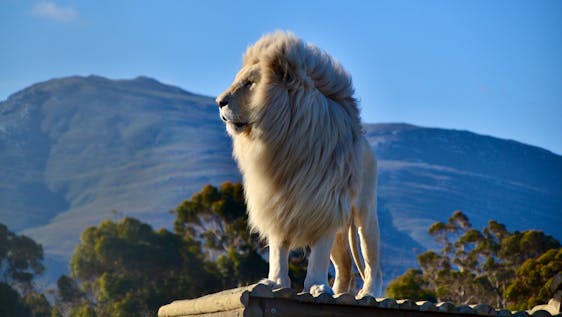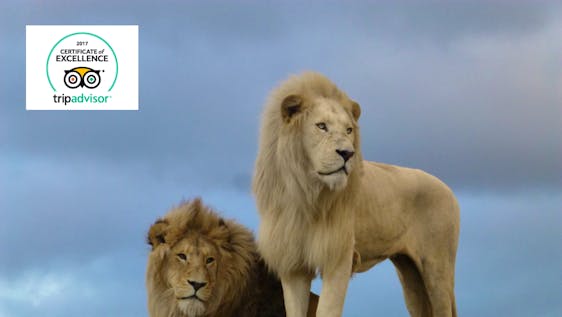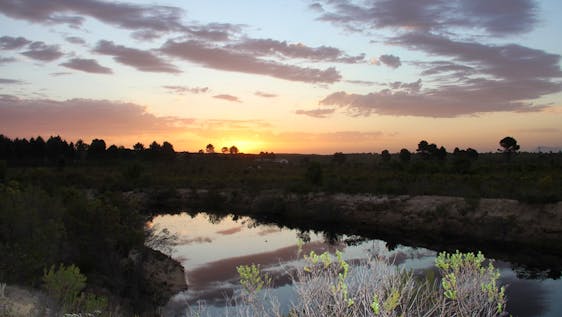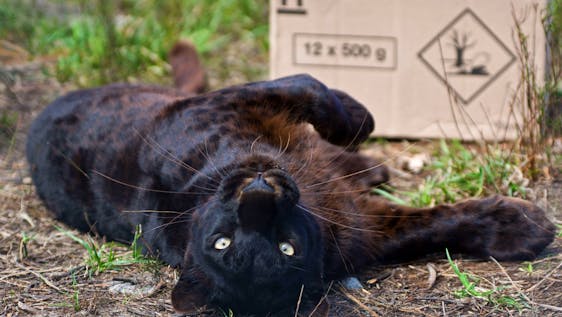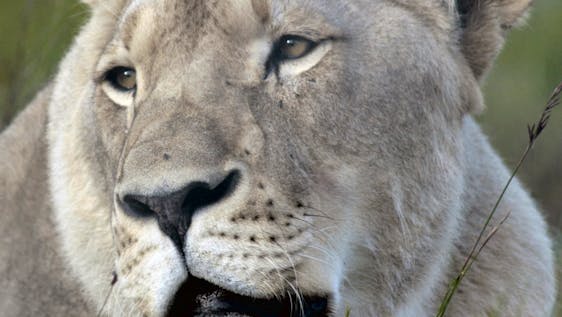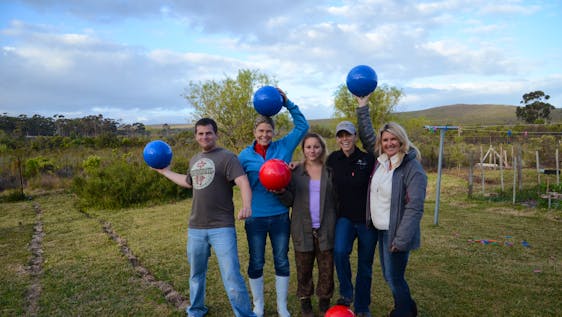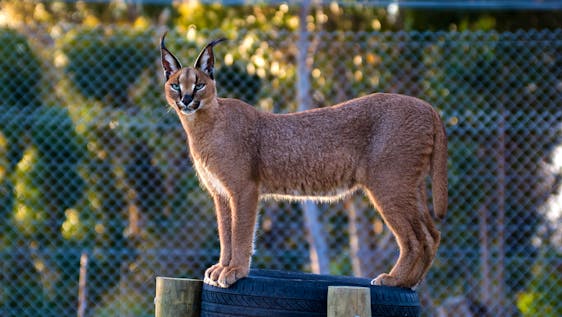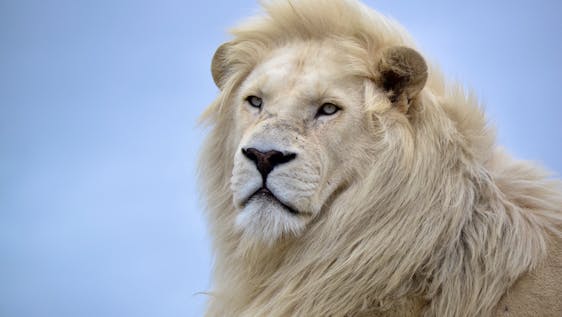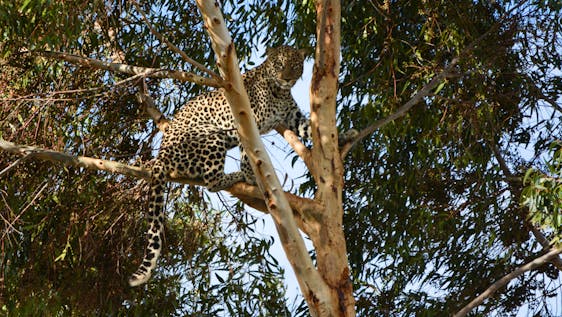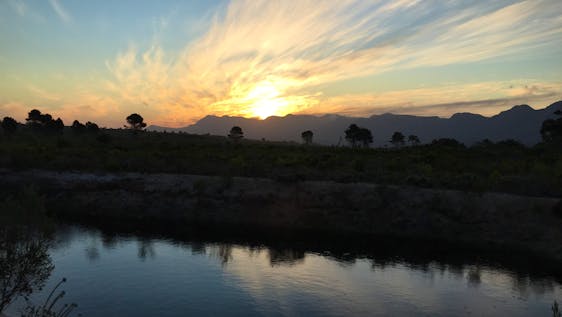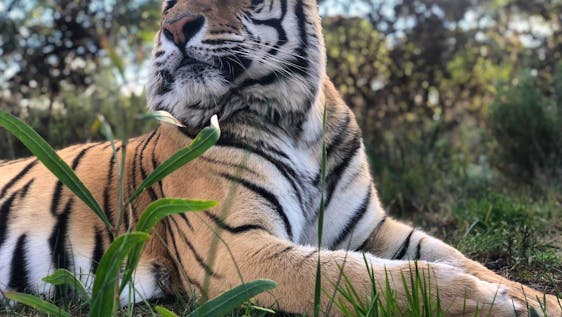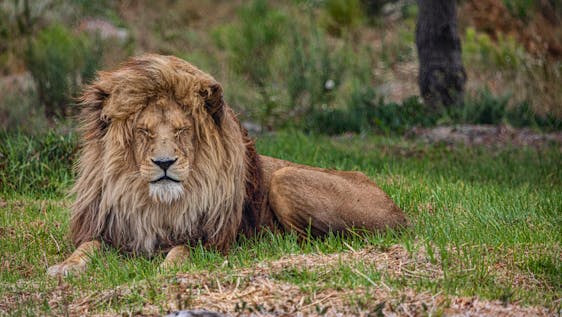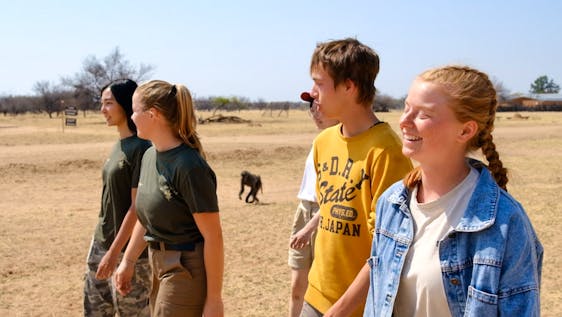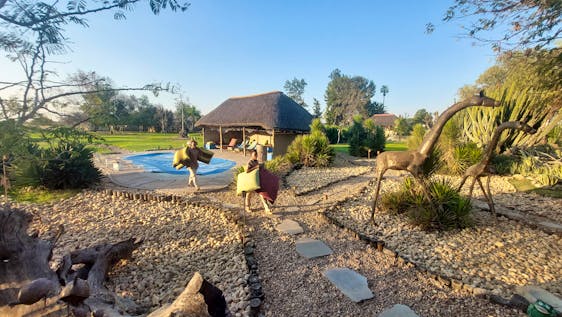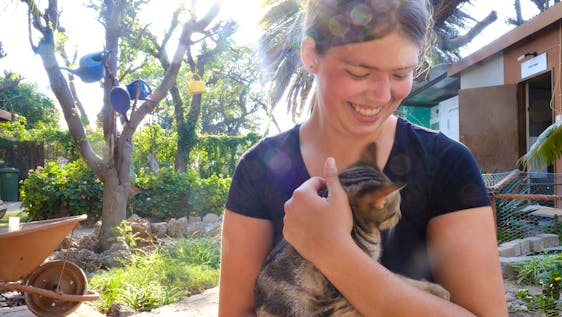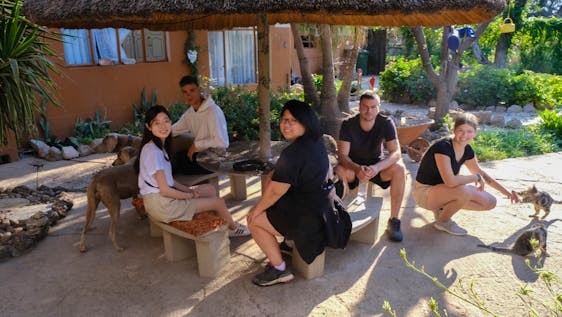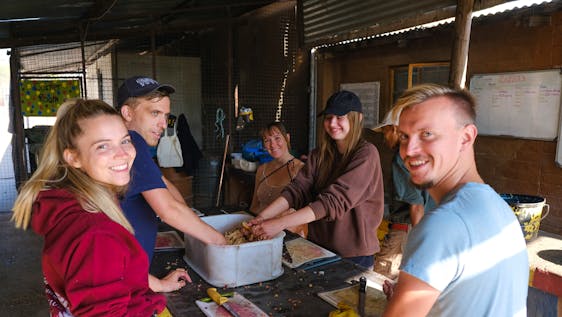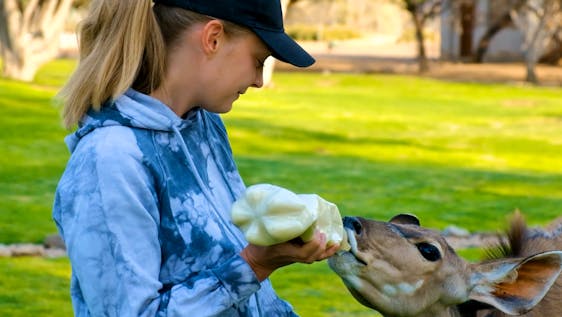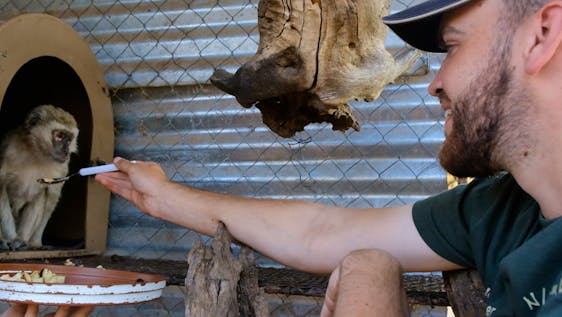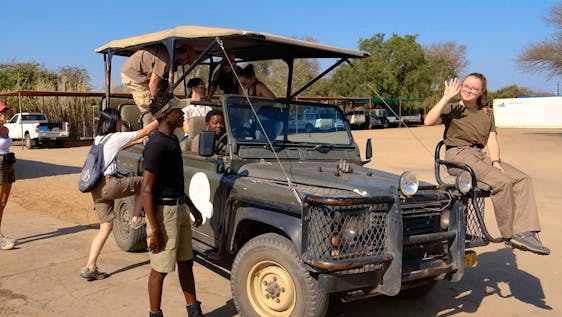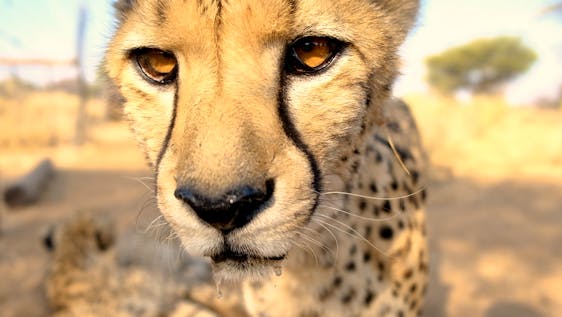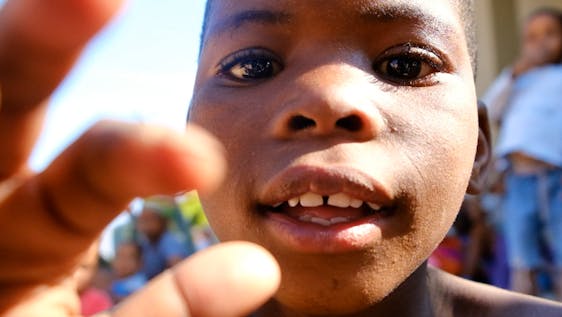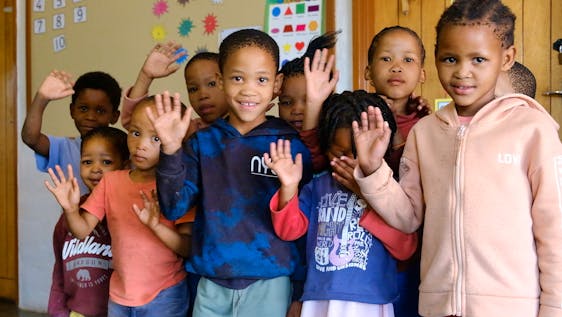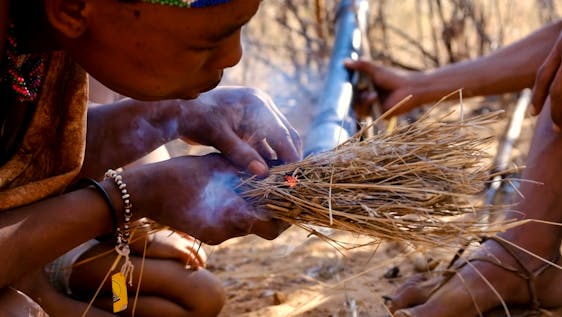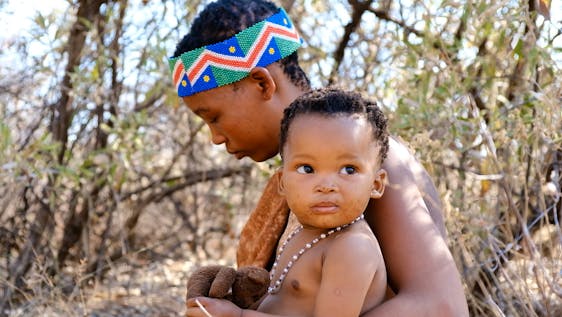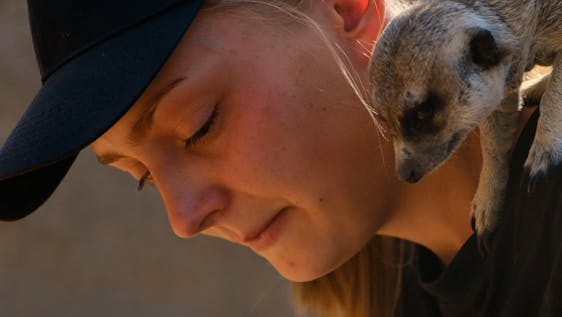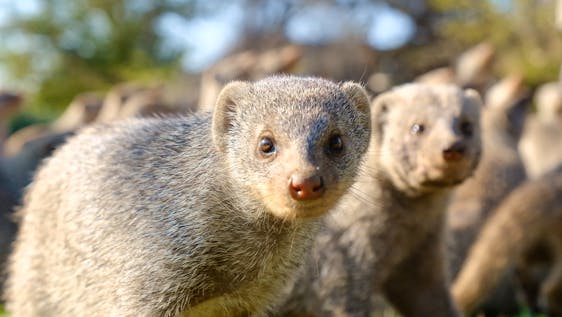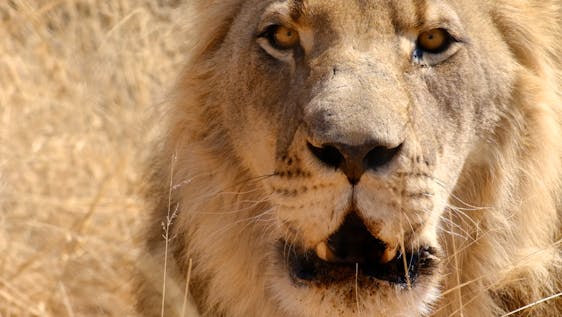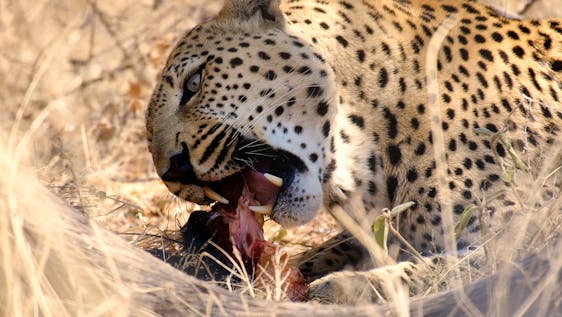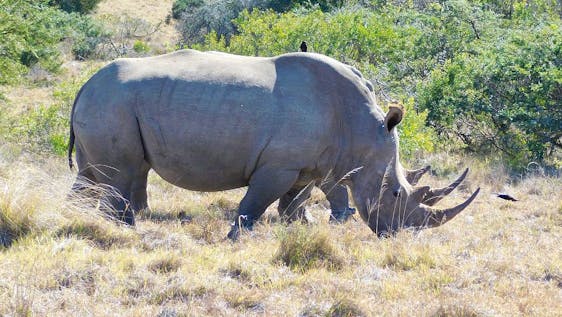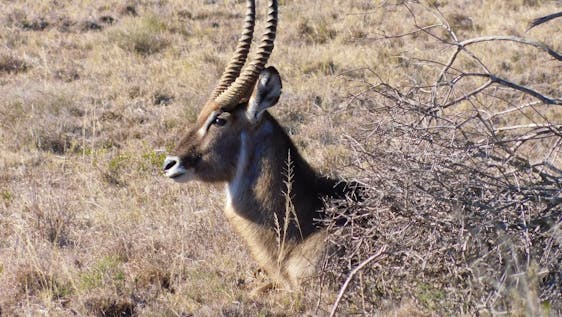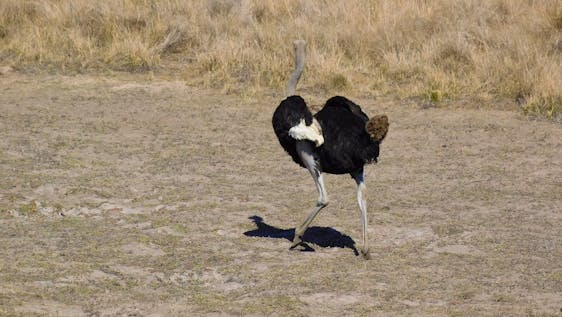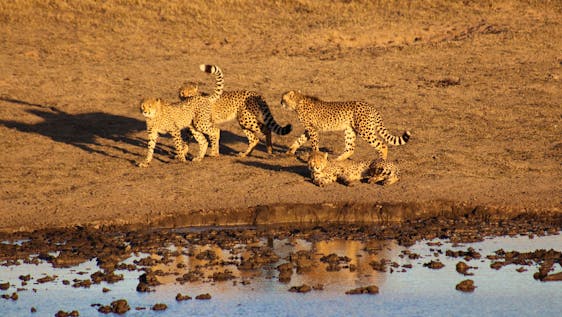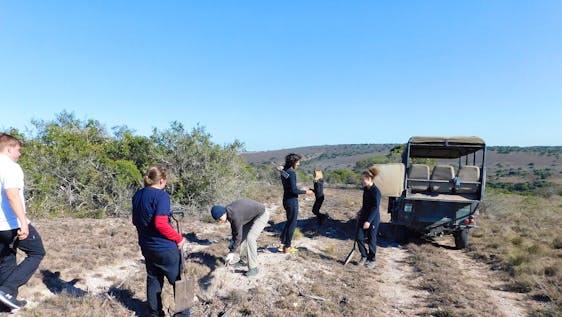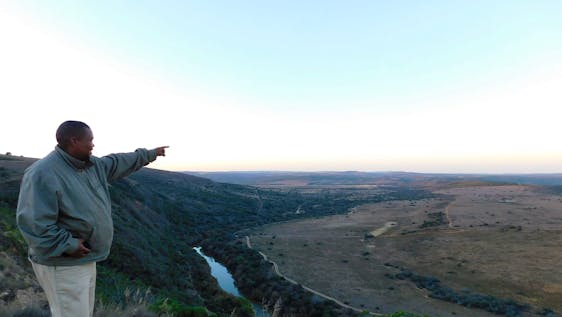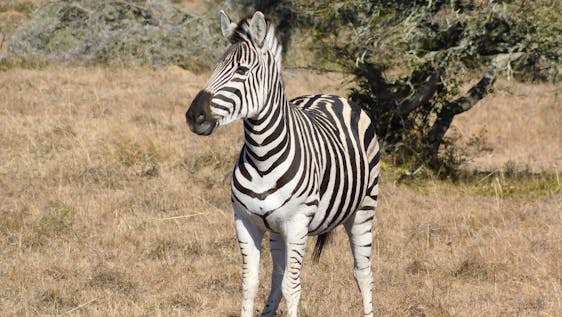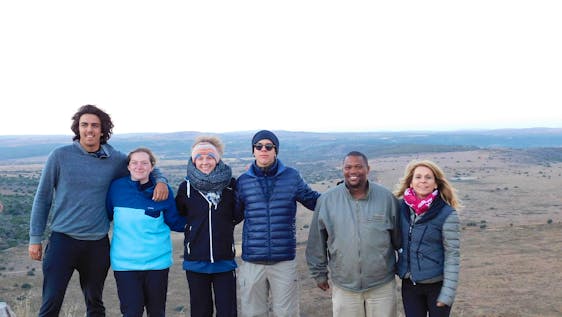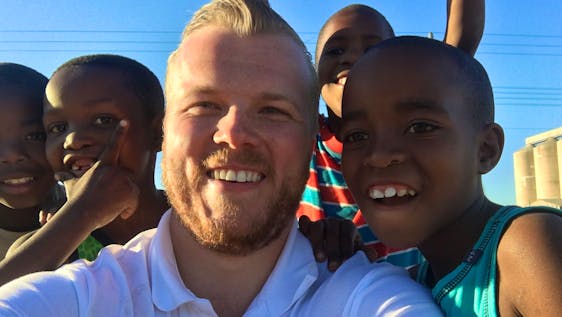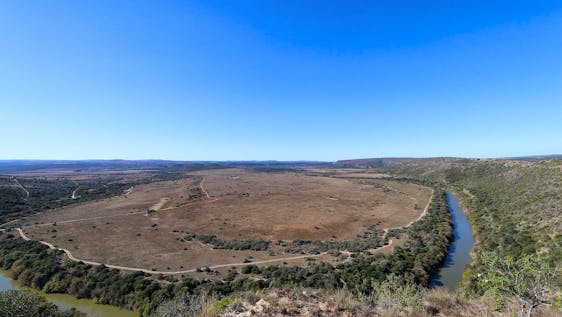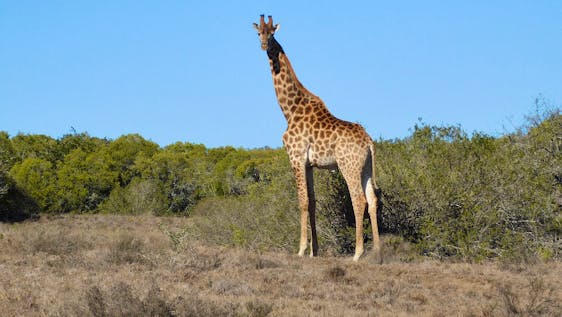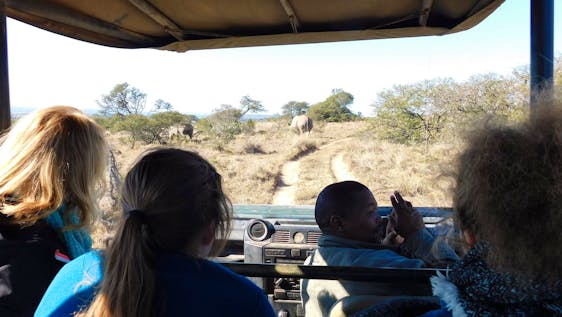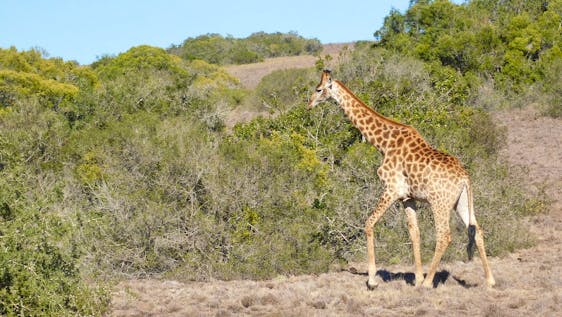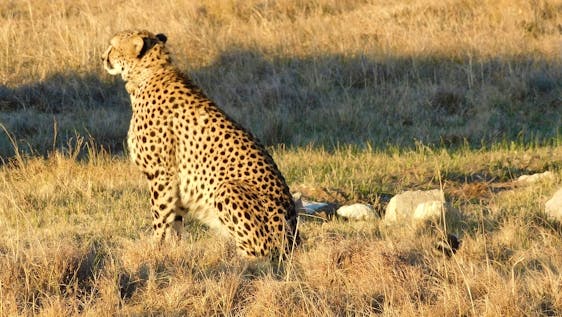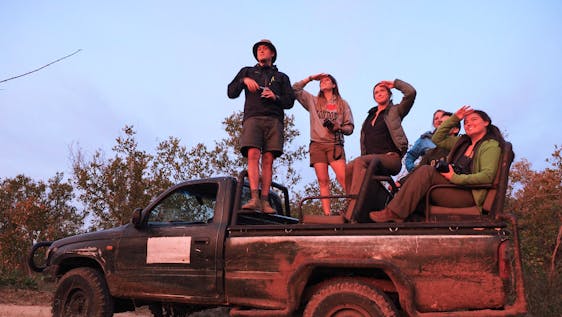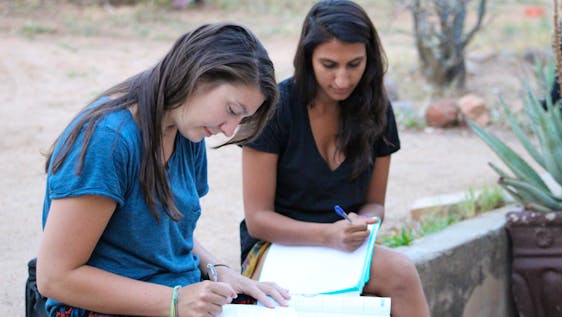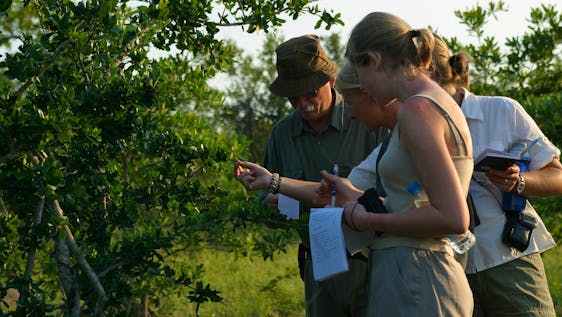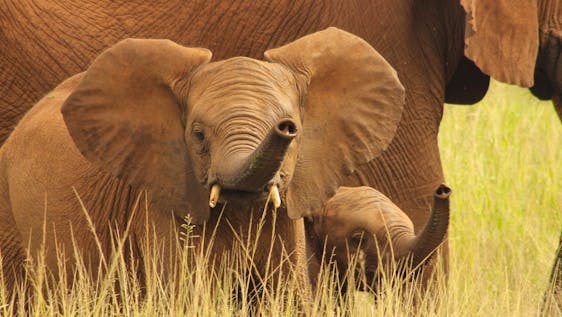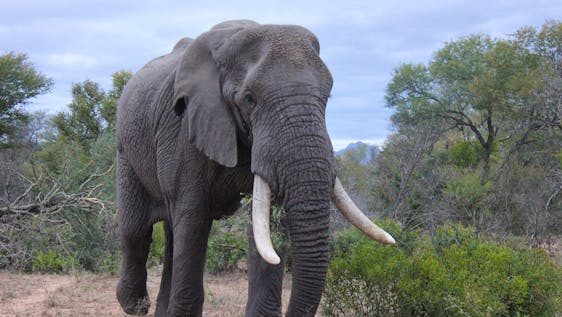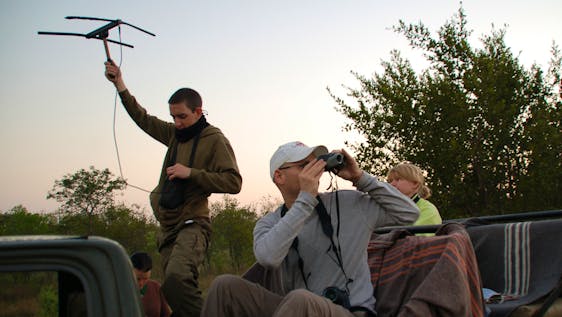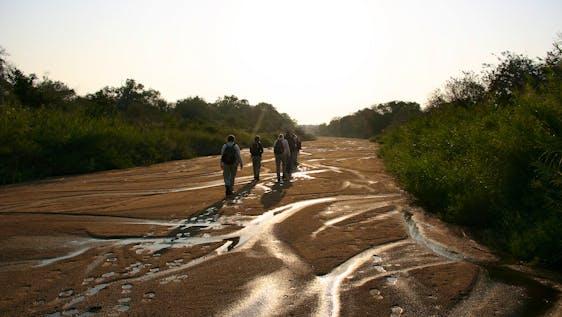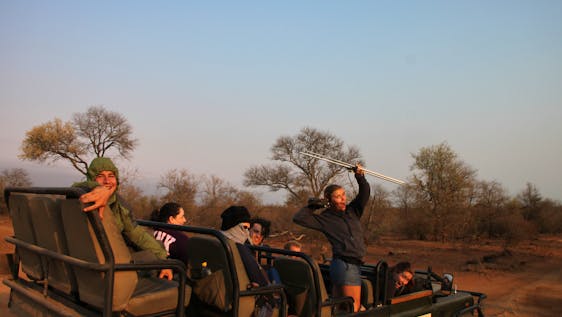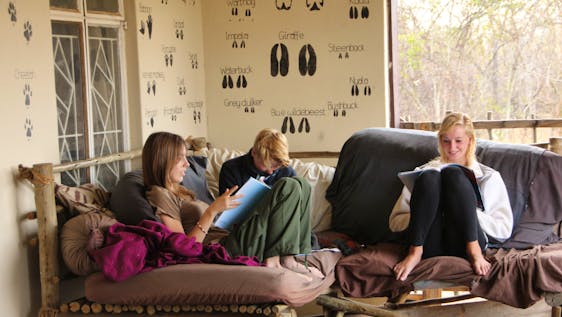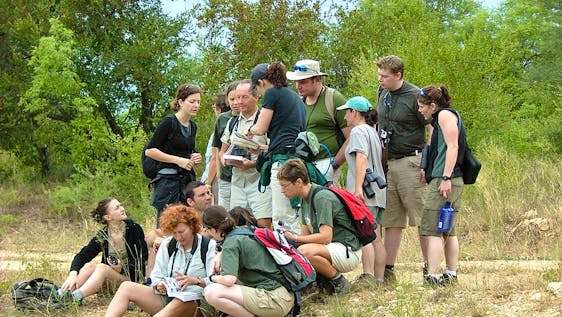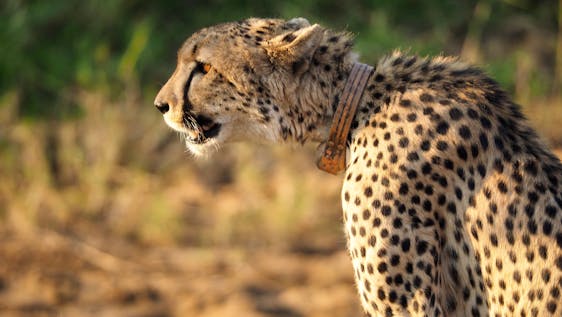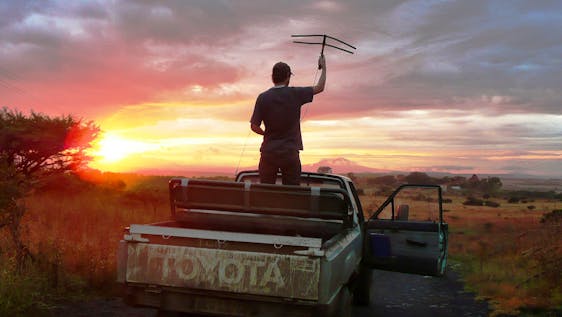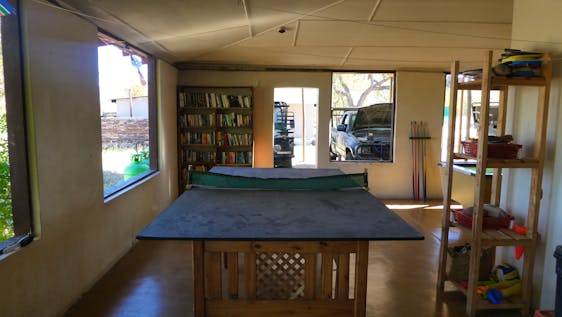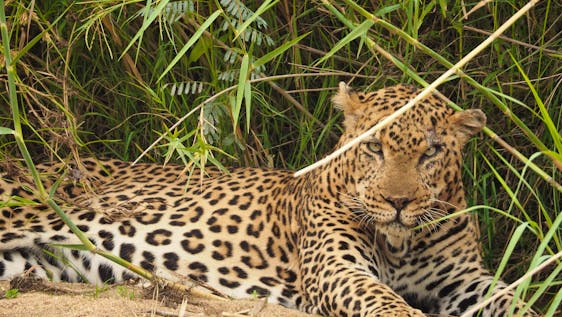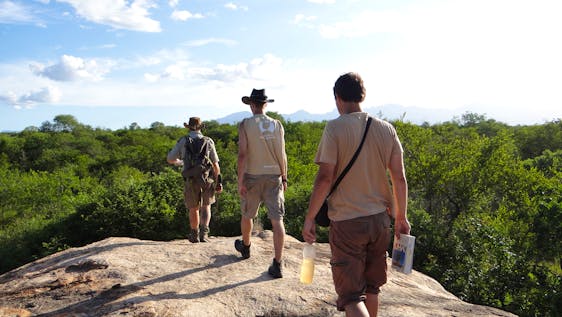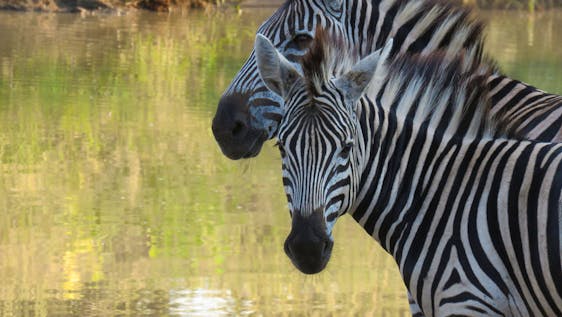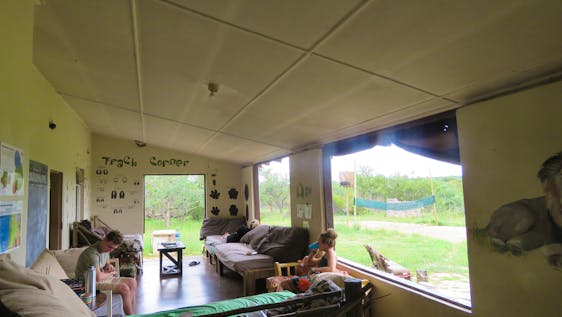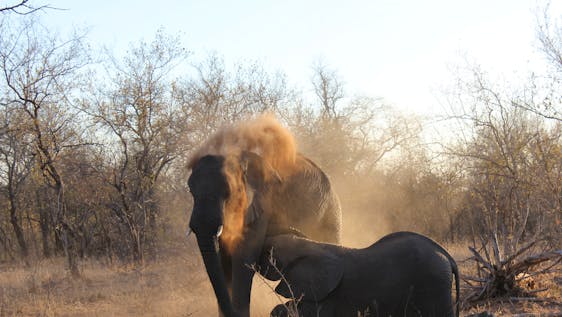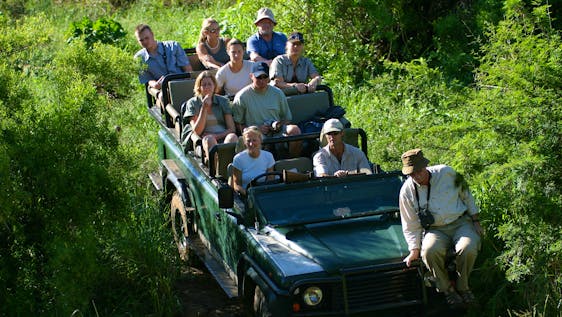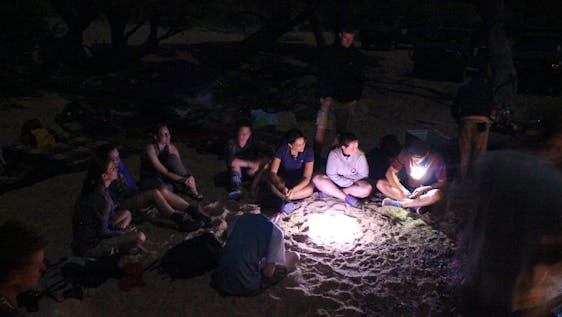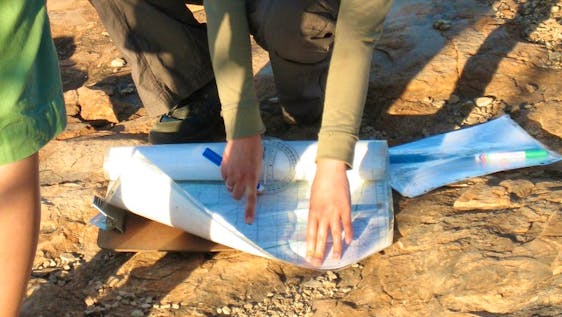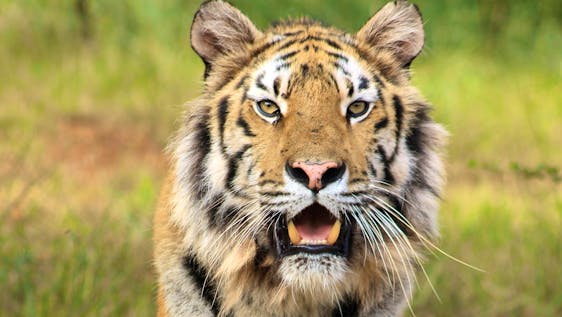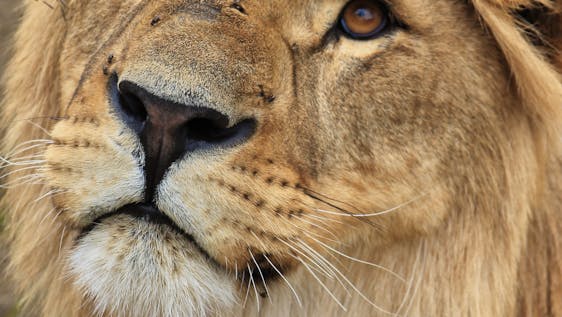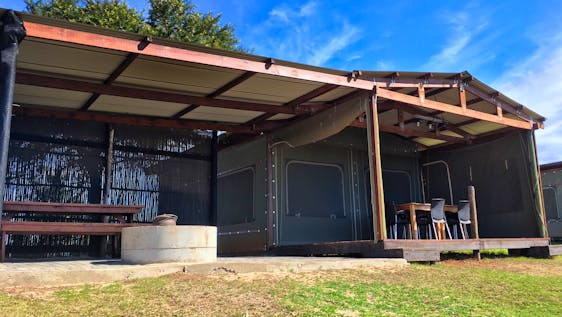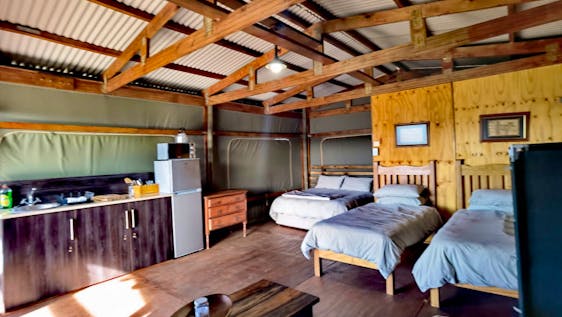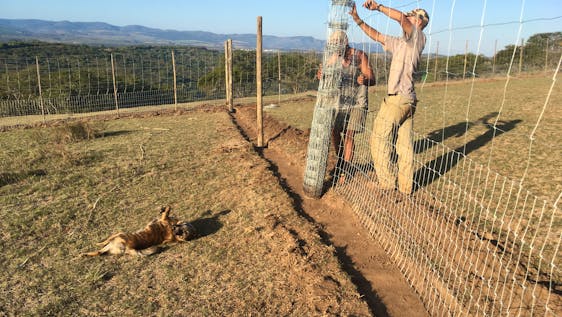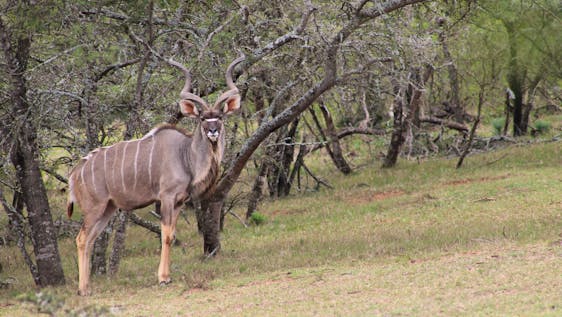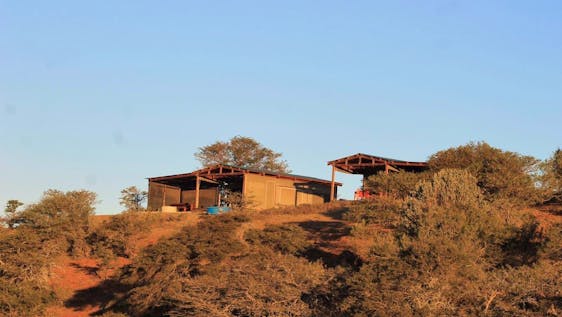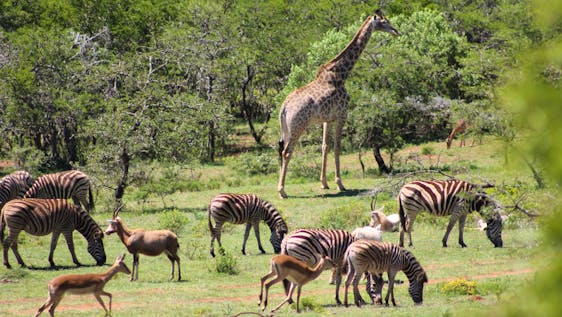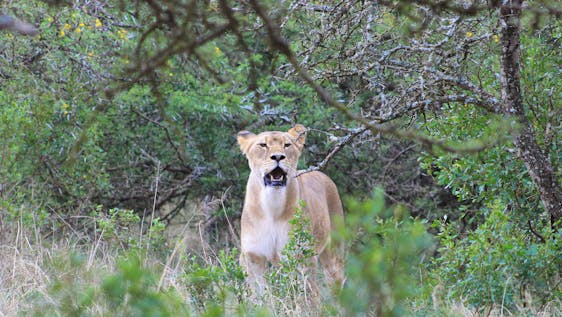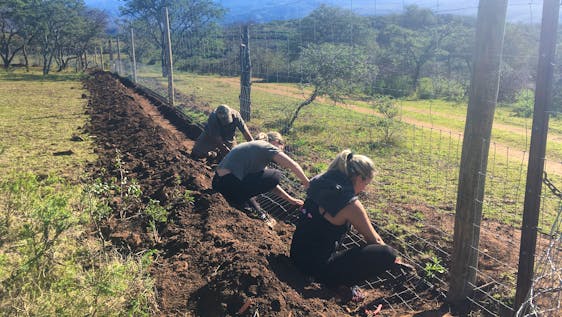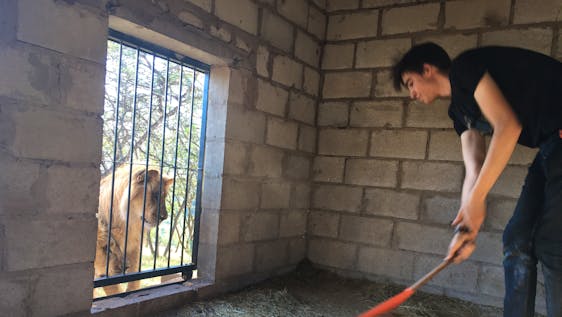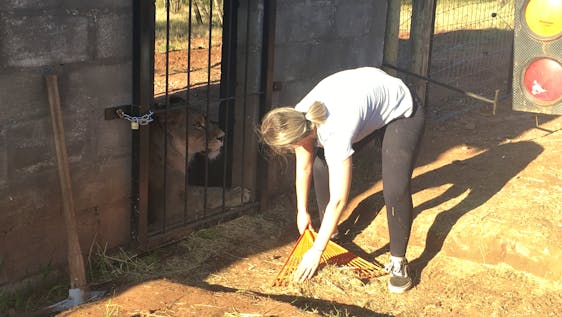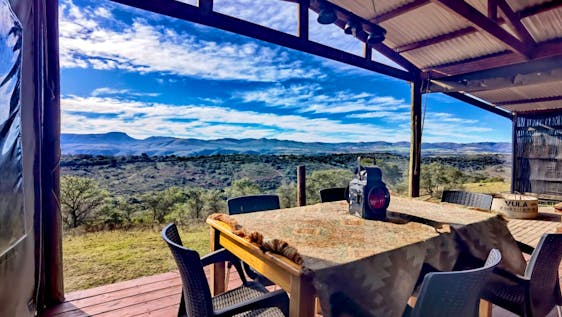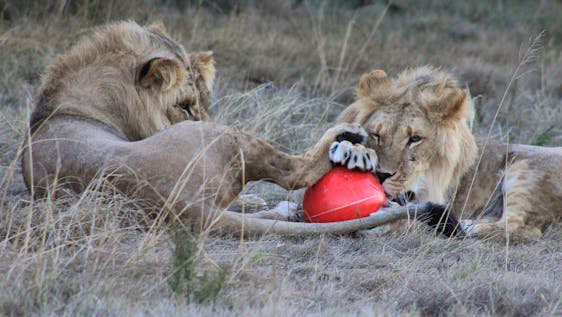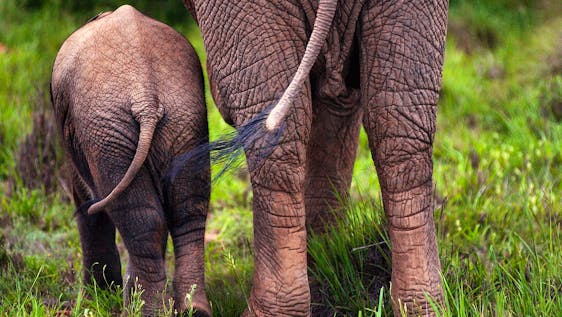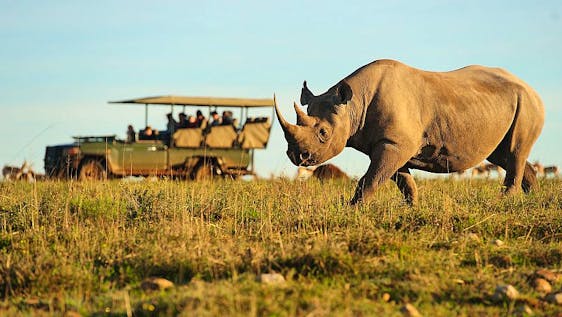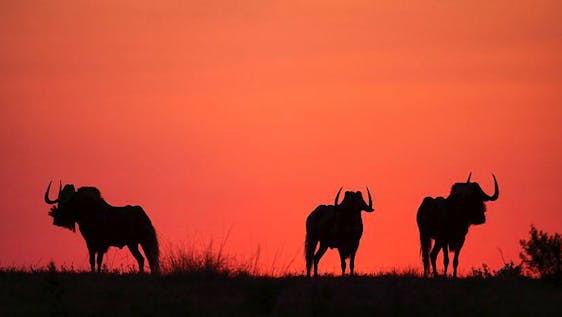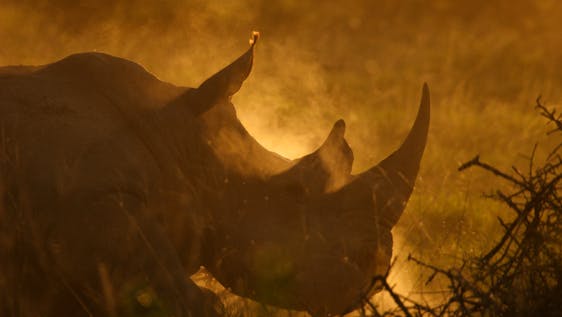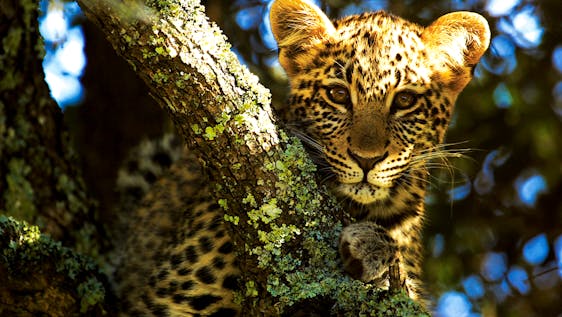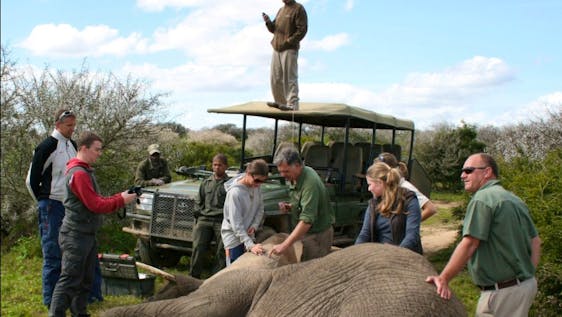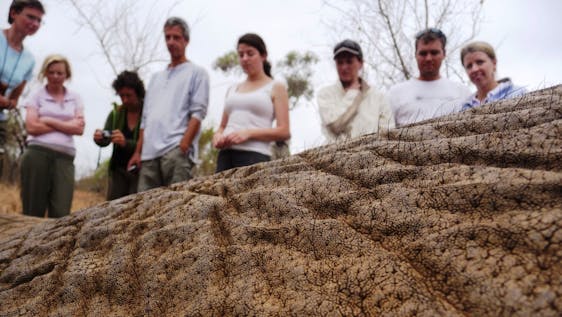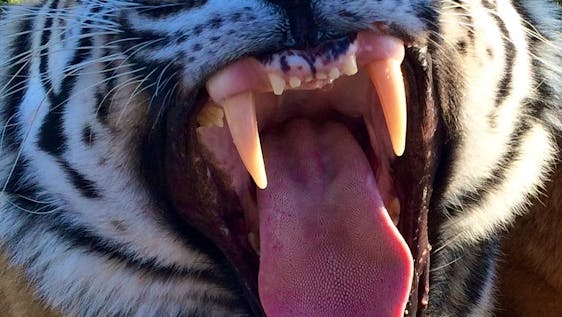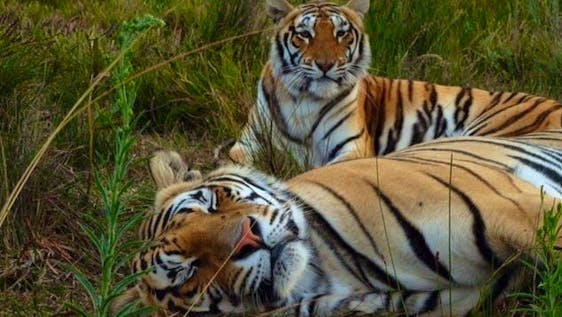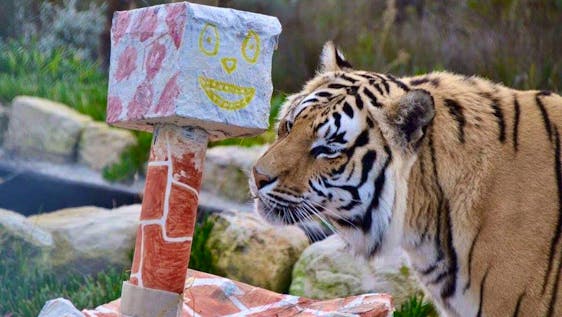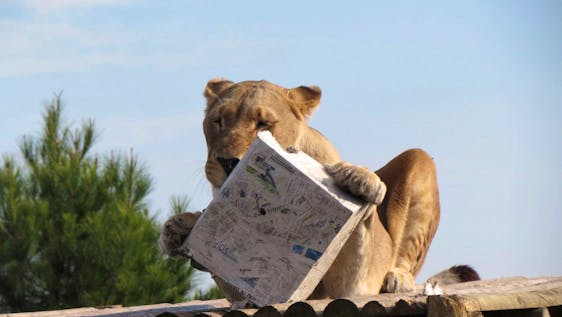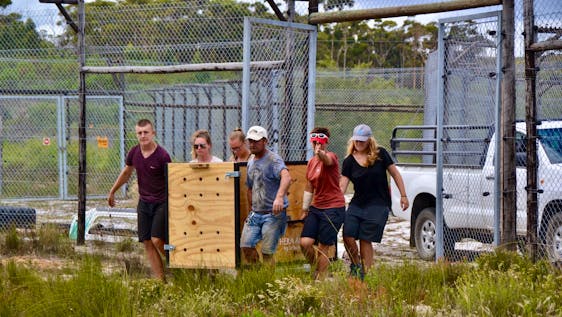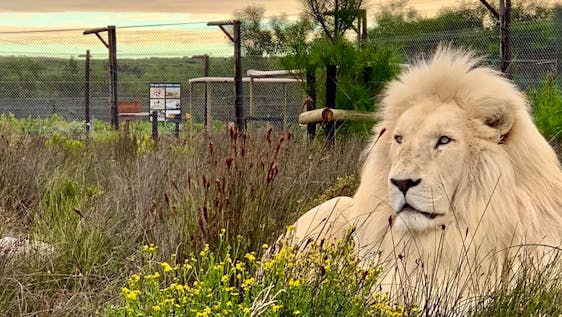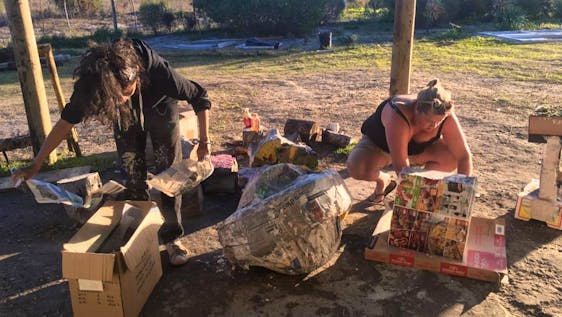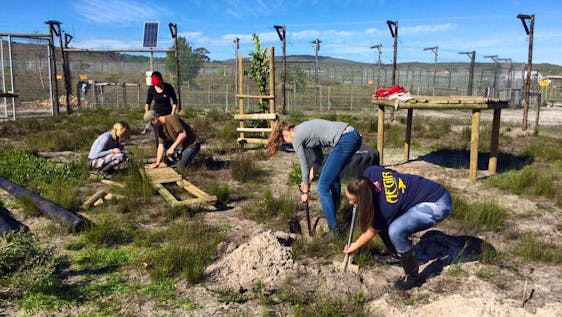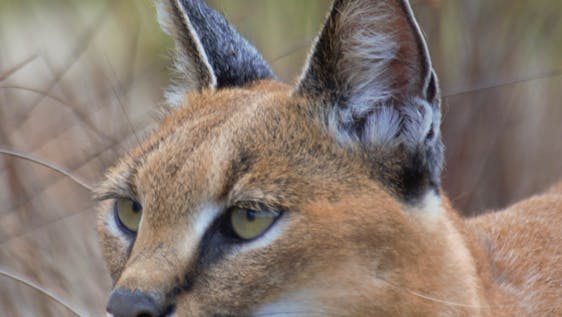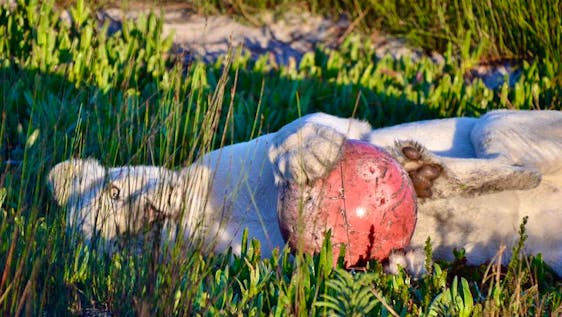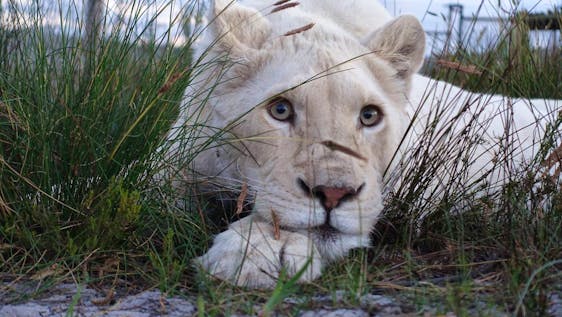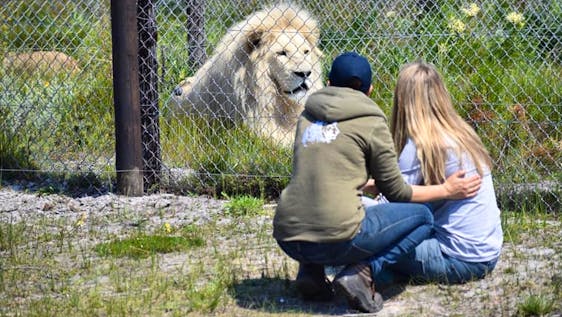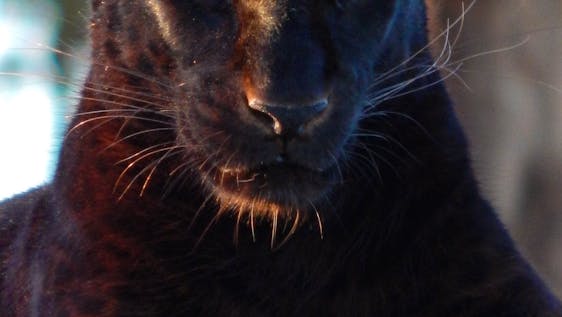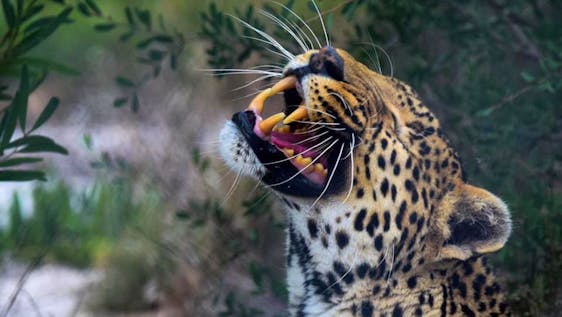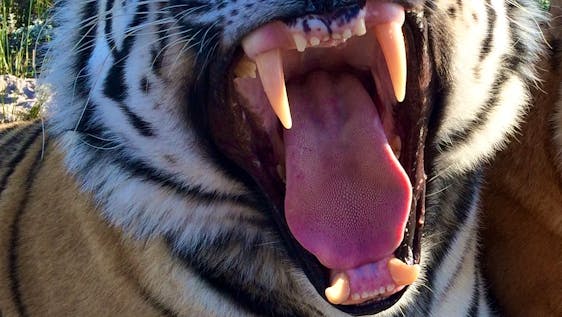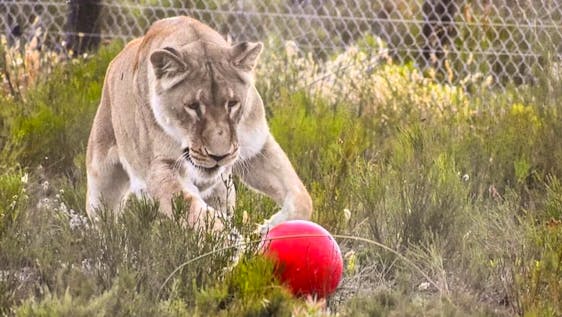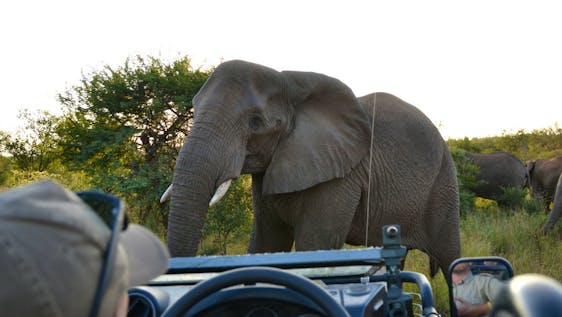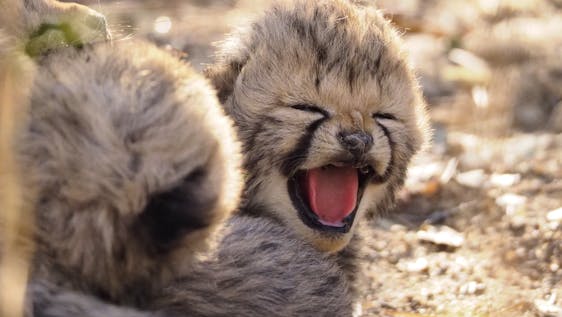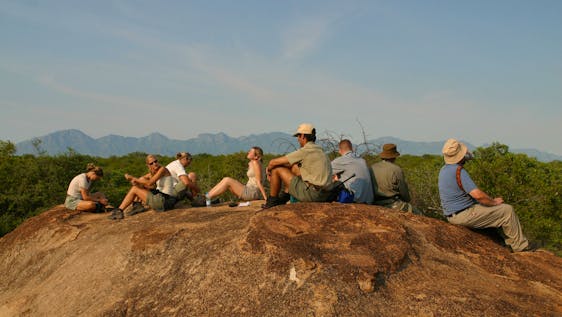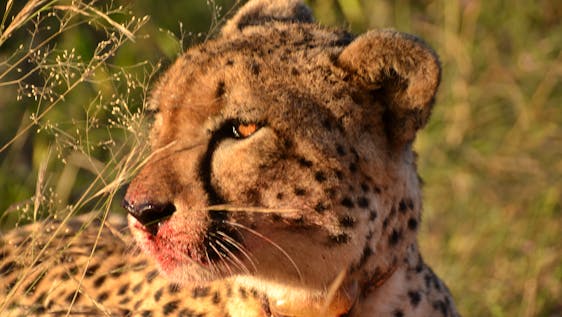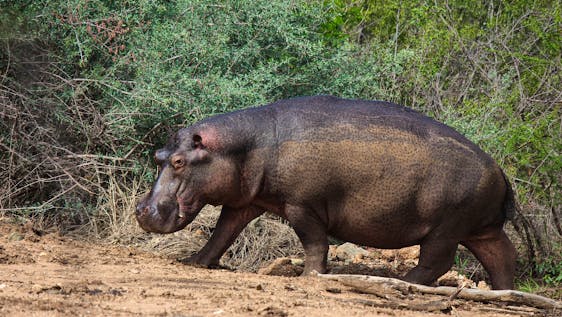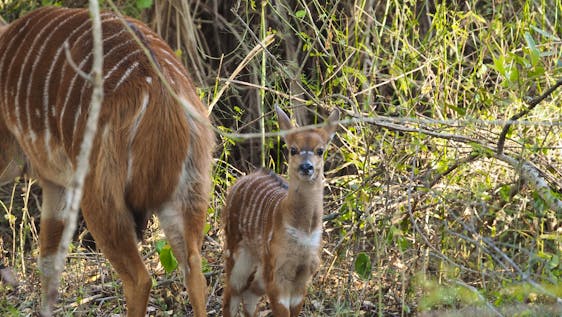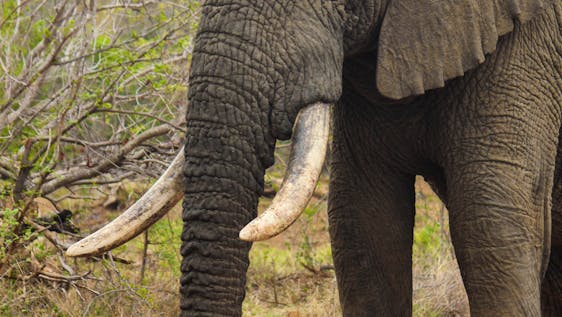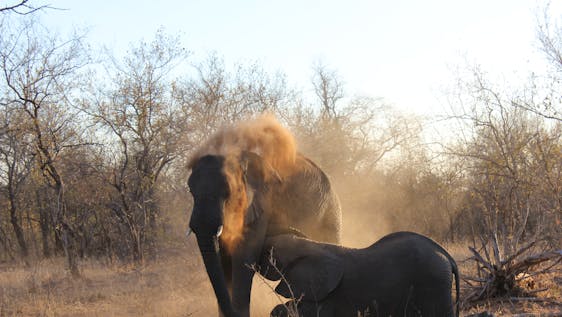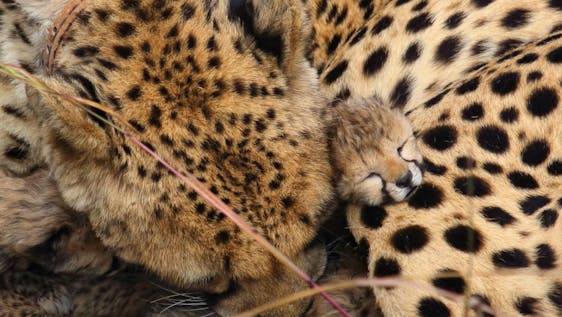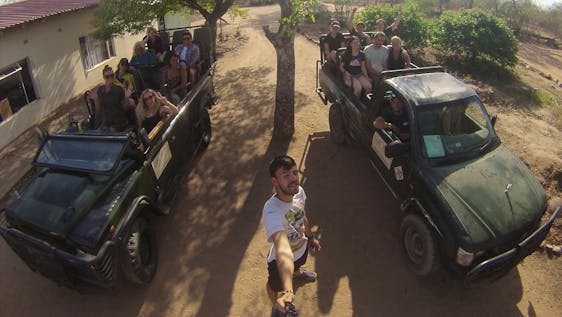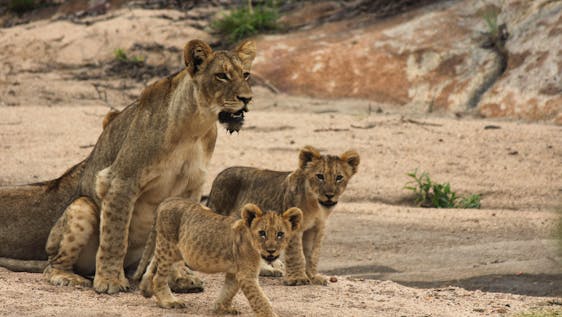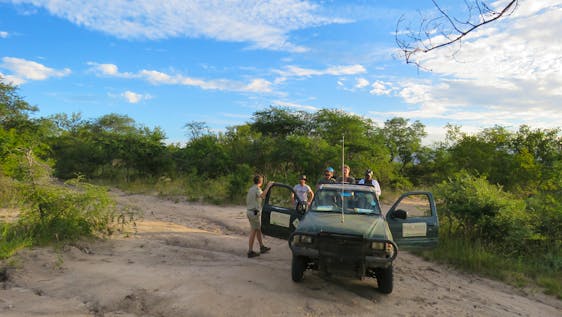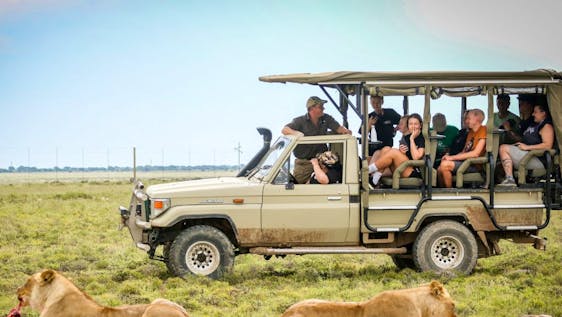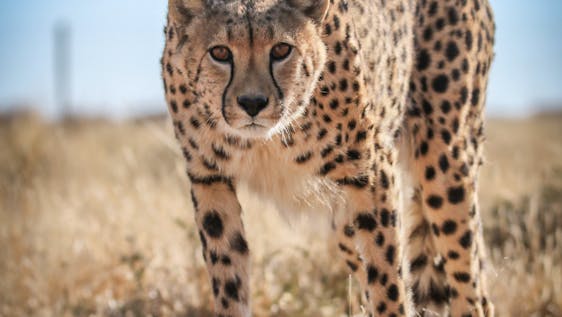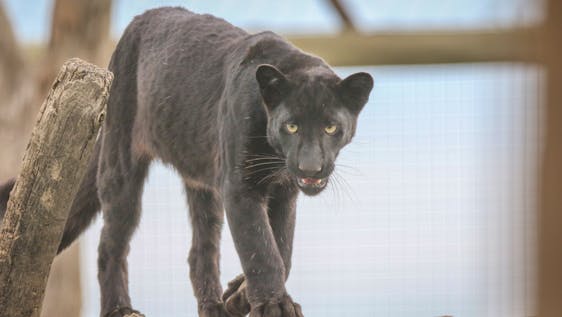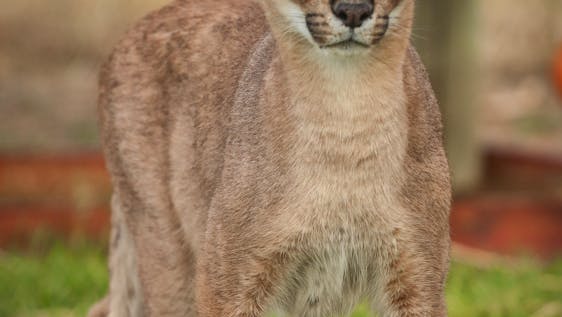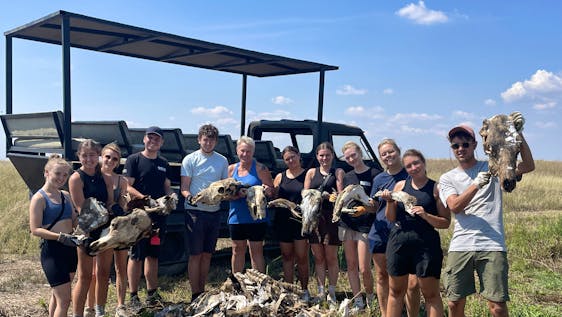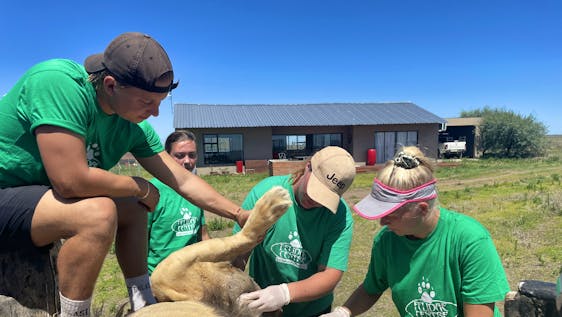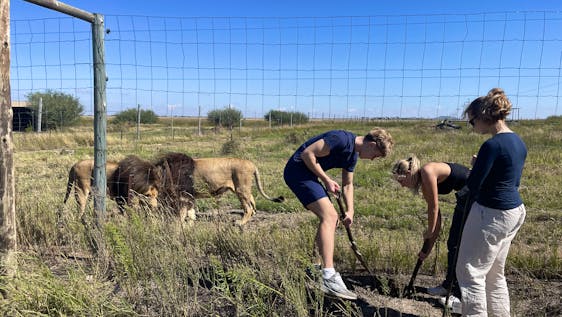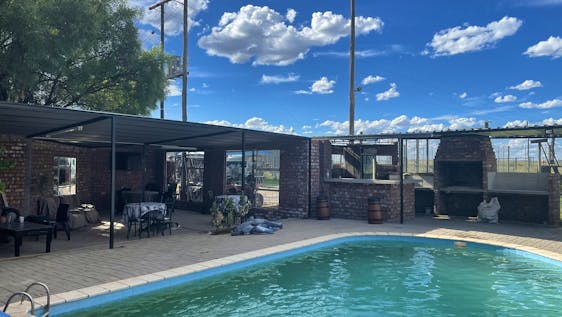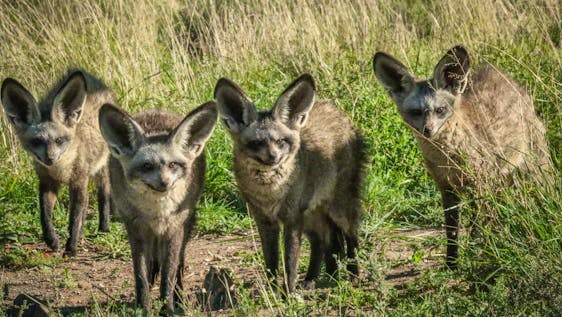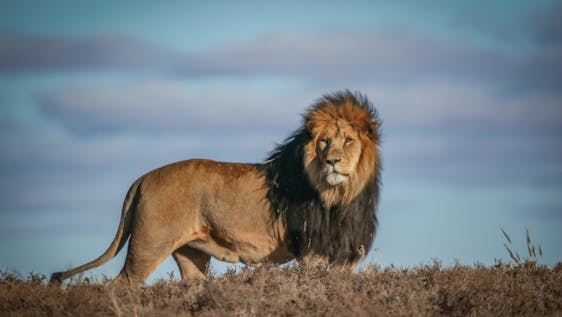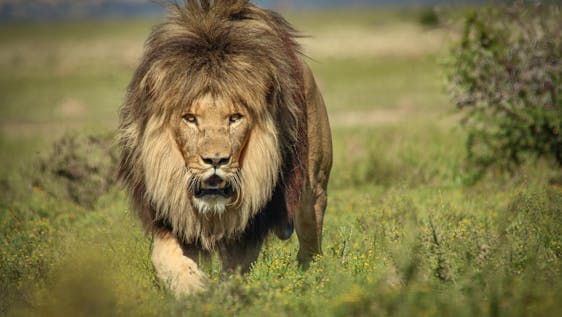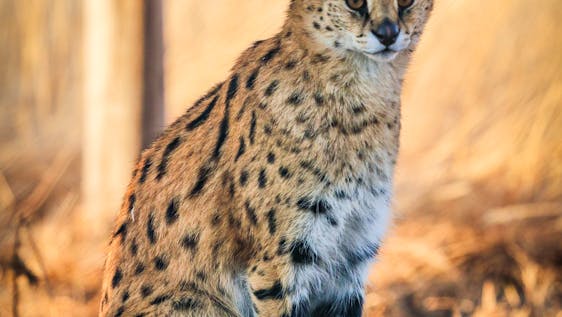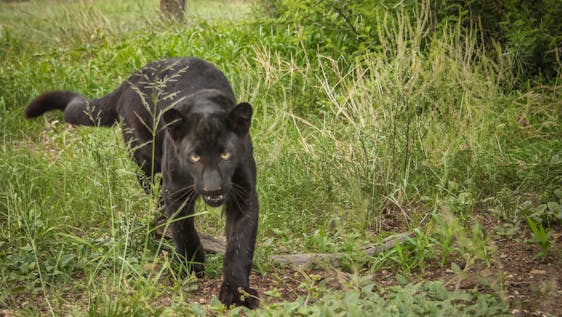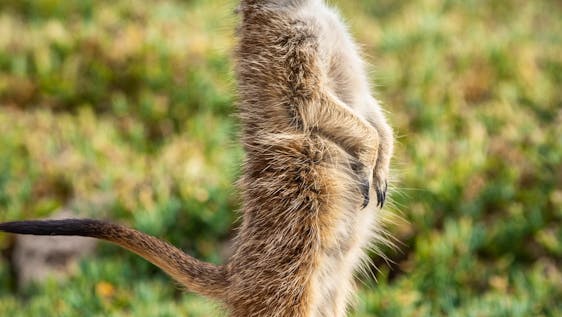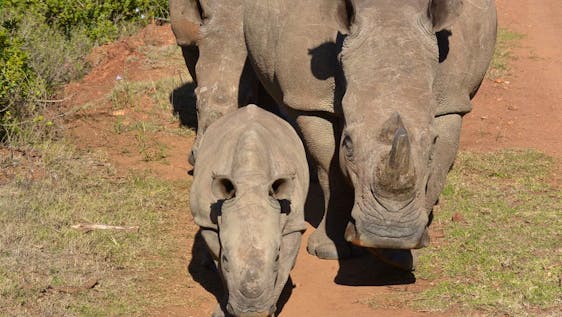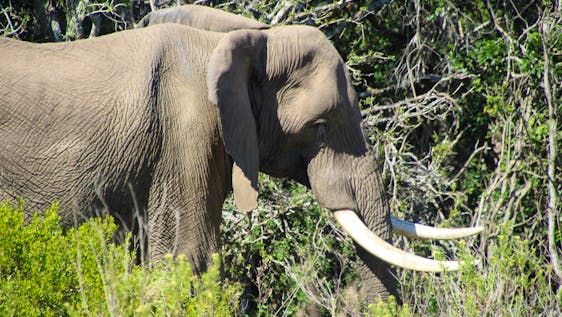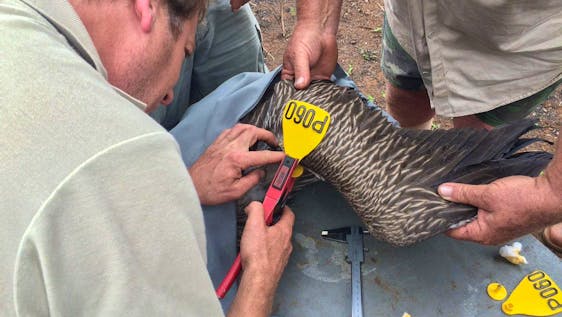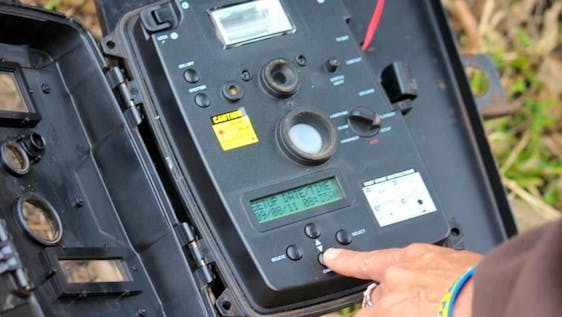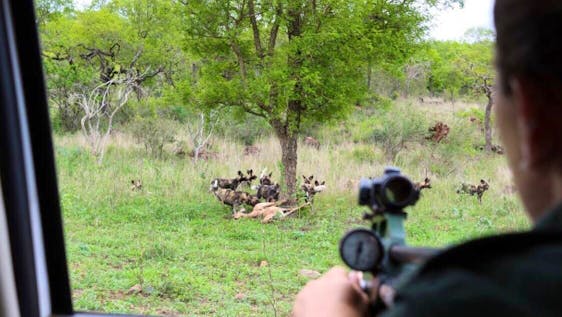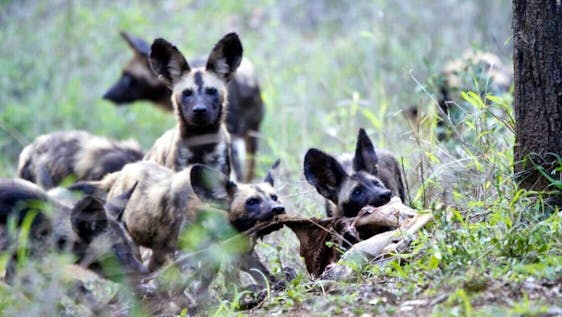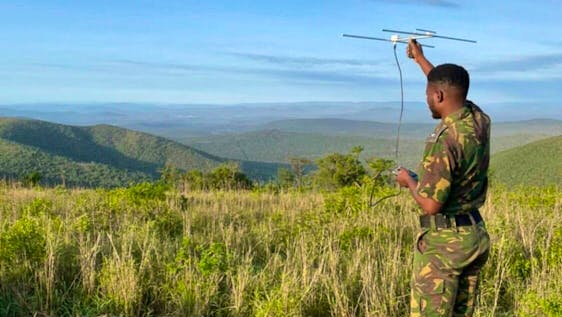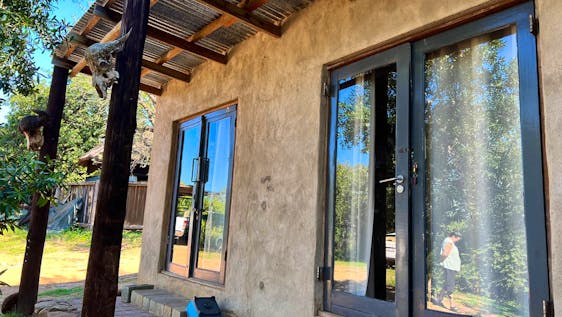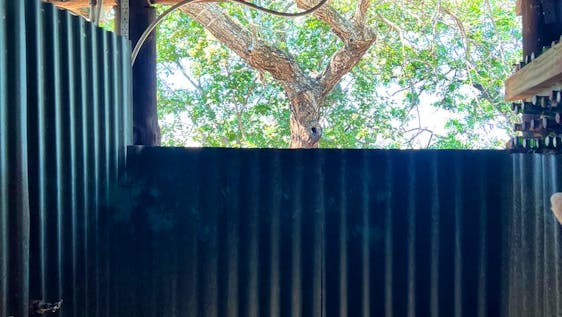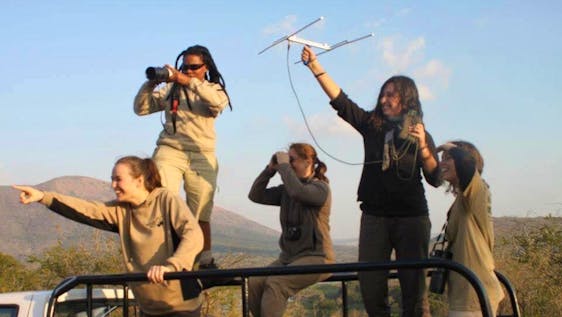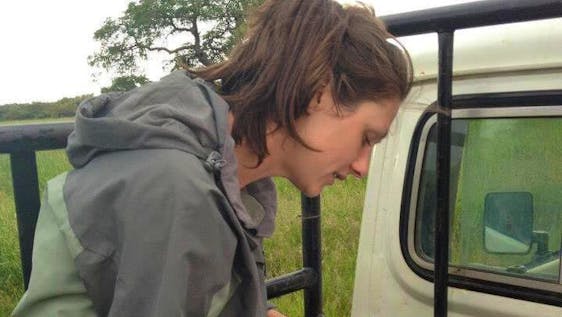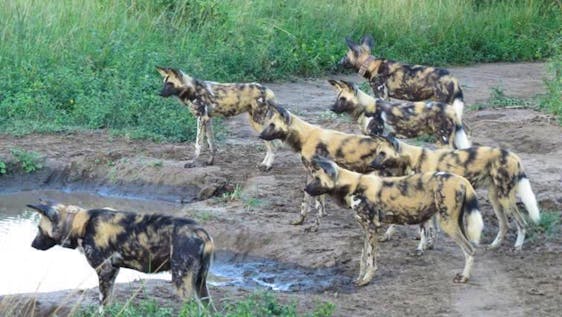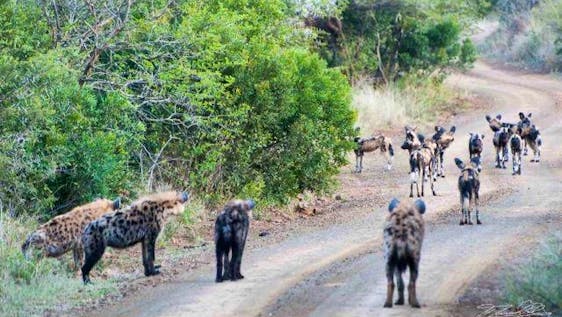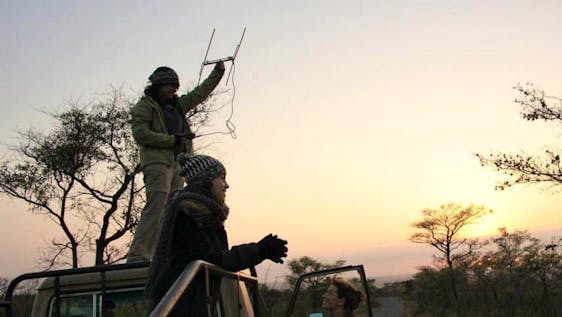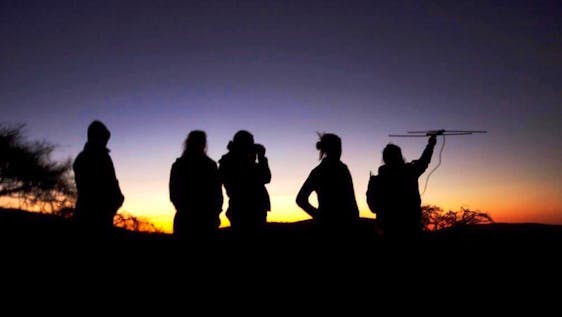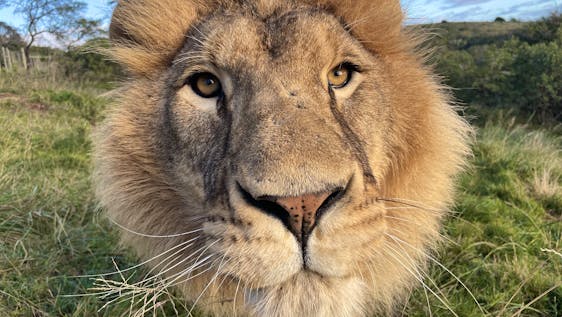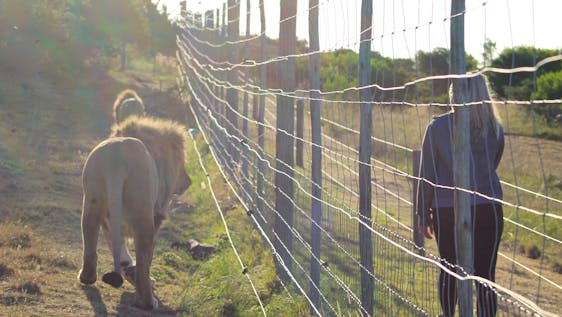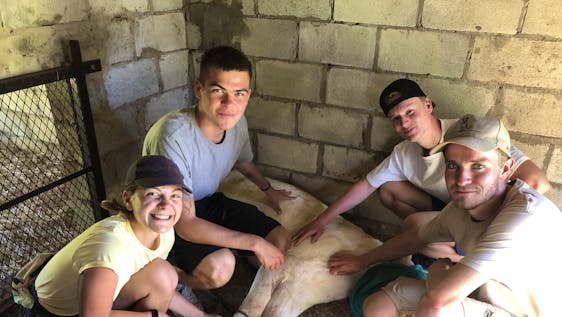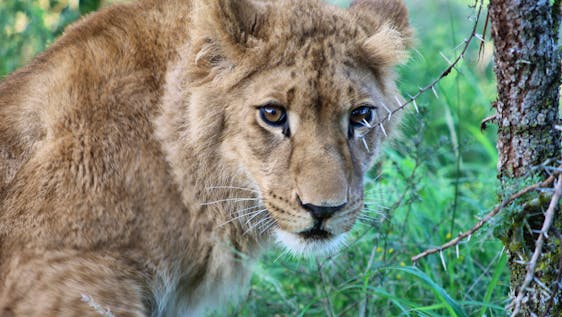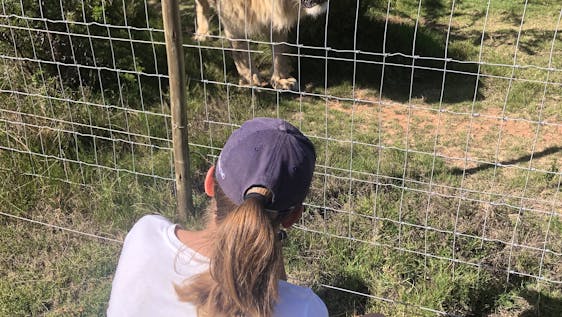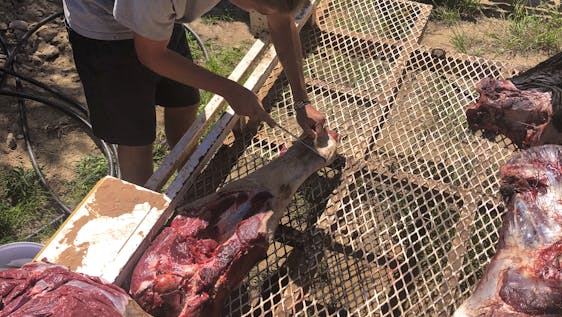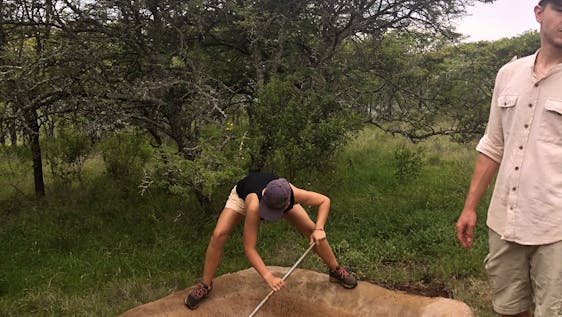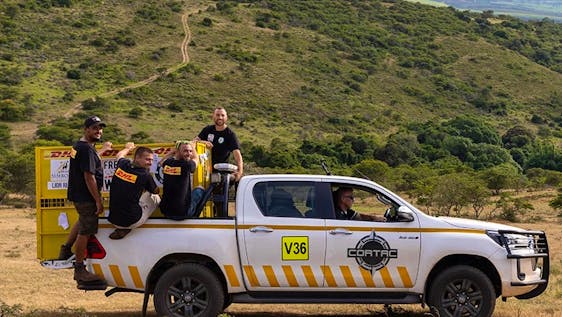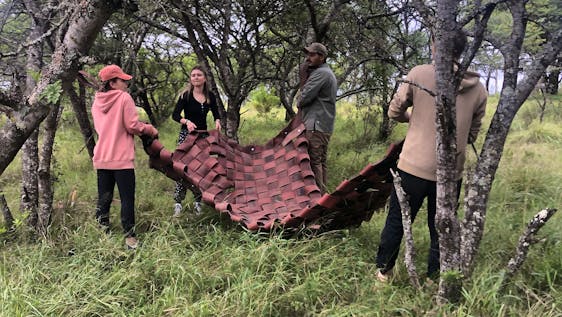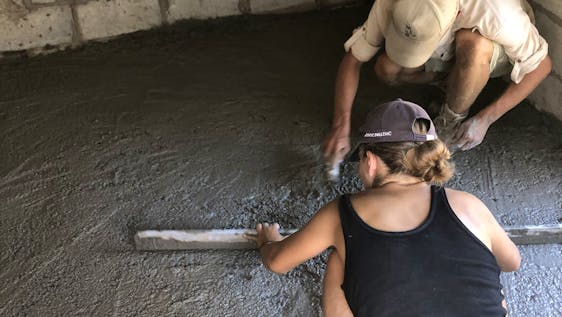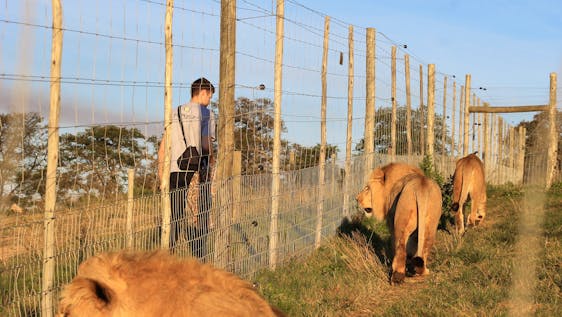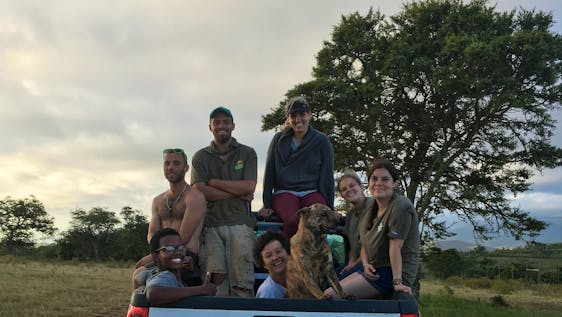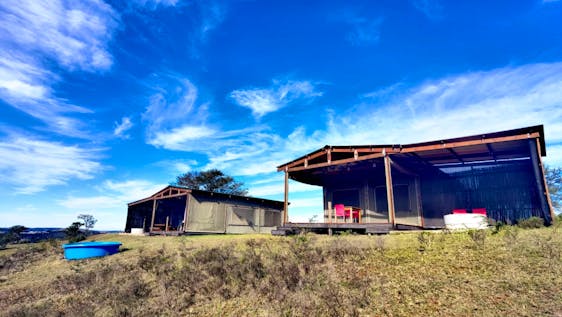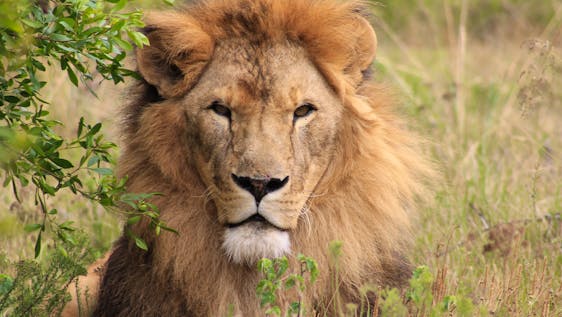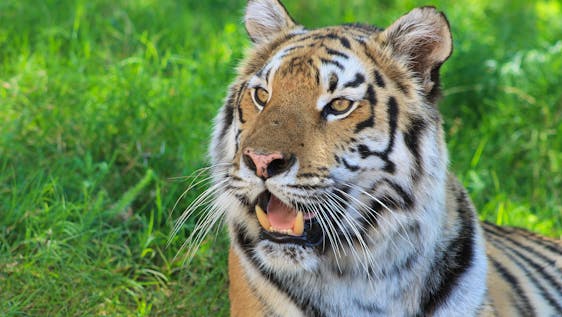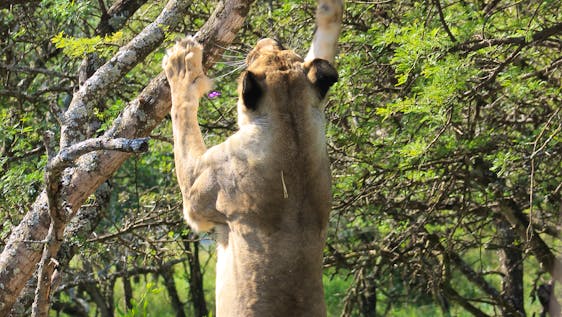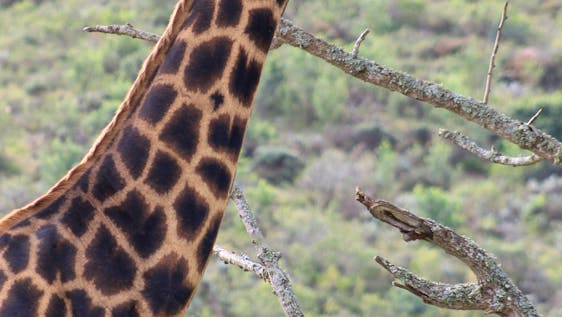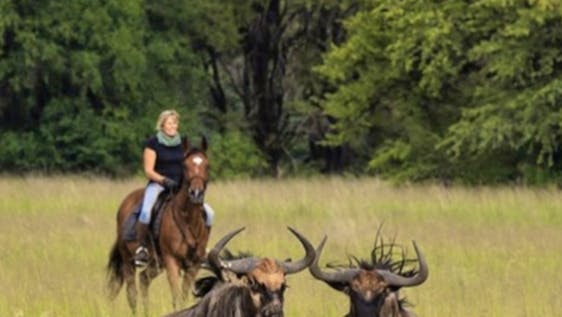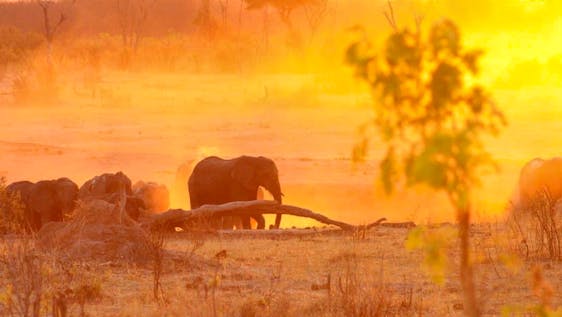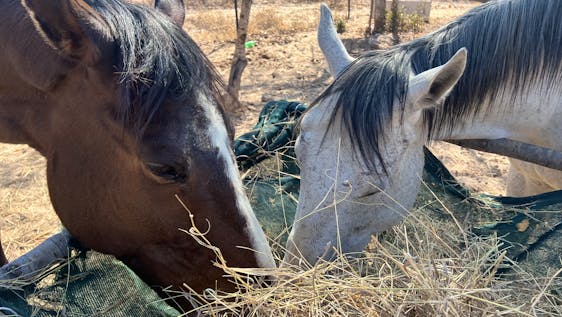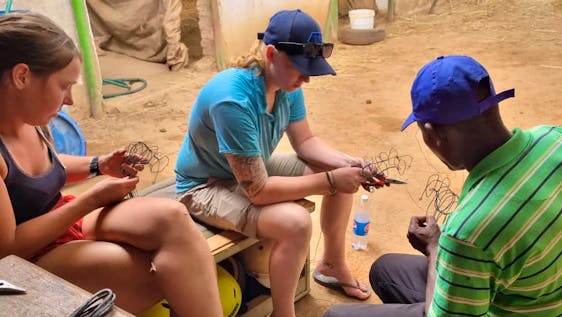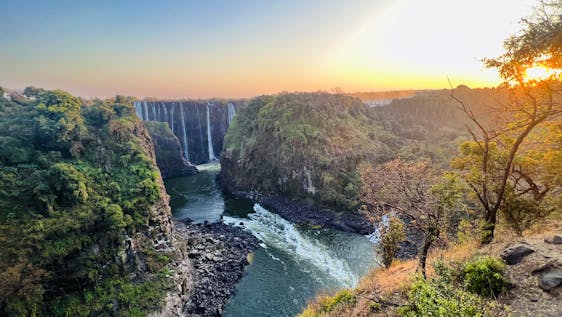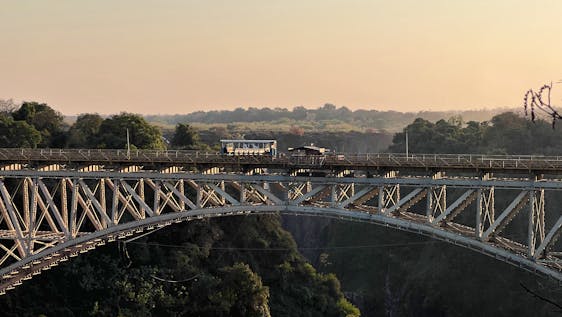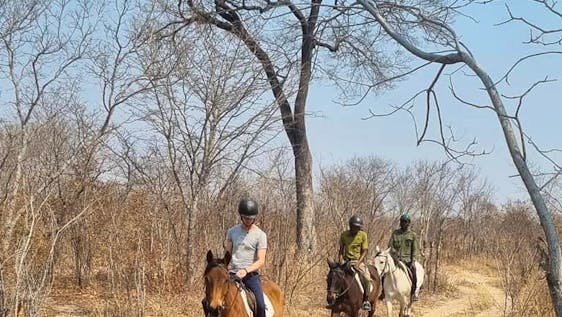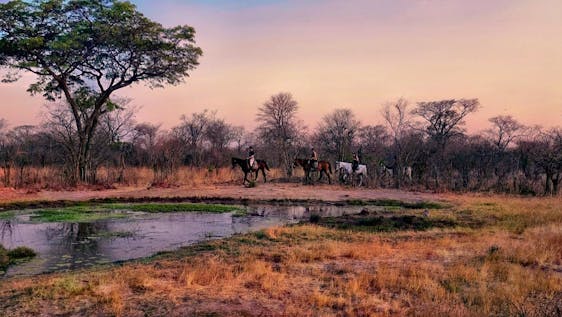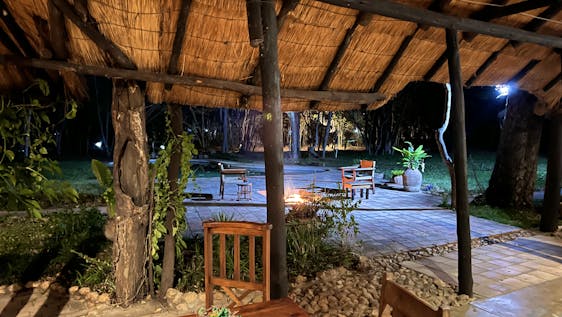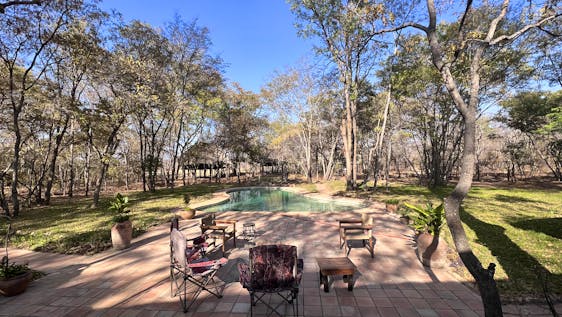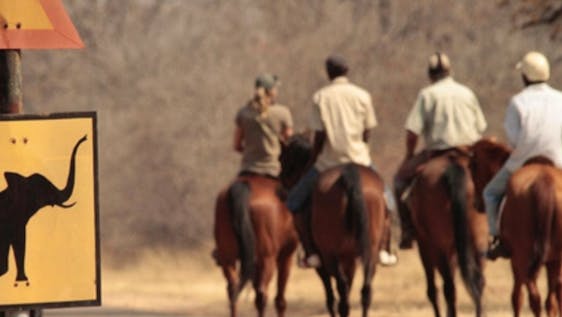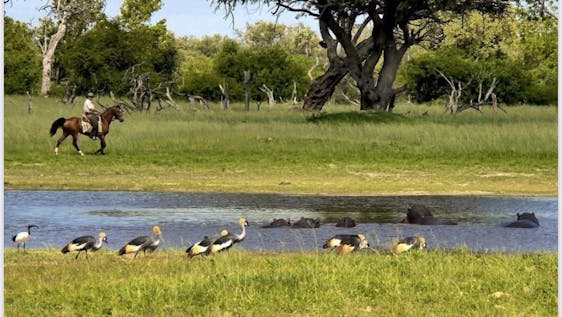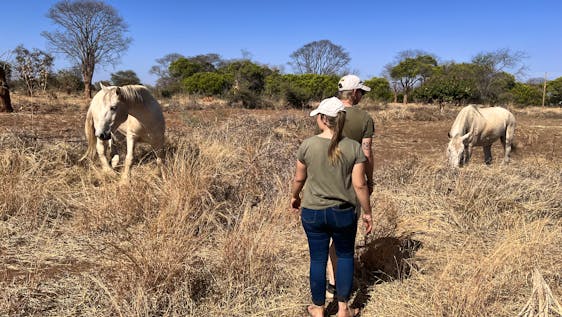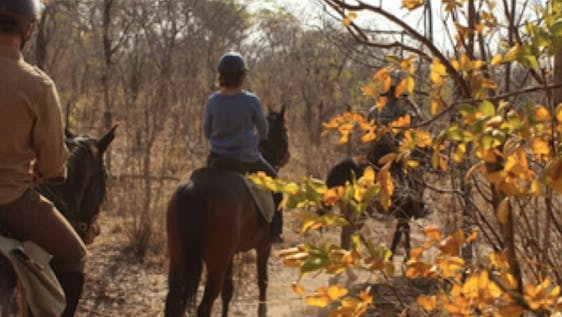Volunteer with Lions
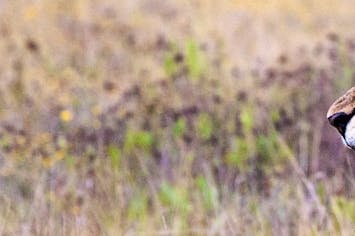
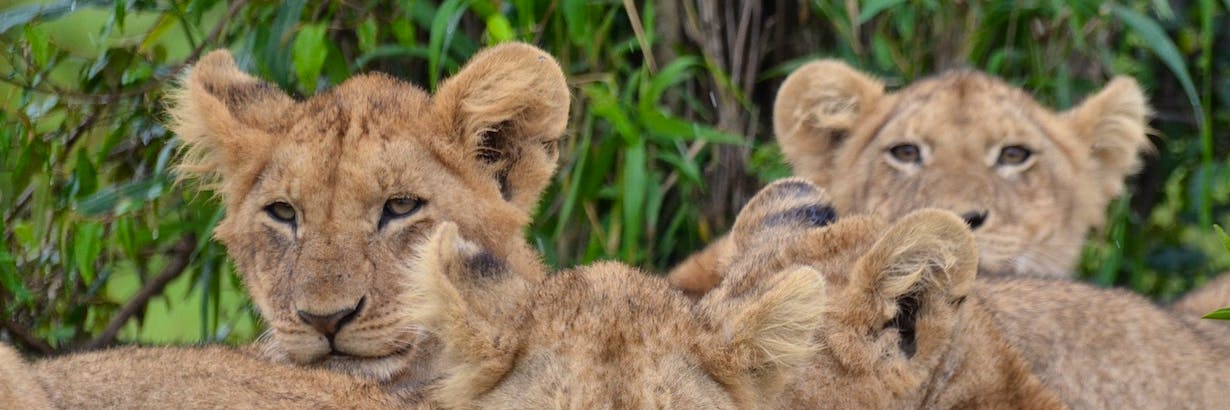
Lion Sanctuary Volunteer Projects
Lions are universally known as the Kings of the Jungle -- which is actually completely wrong. Jungles are one of the few territories not inhabited by lions. The name is most likely a translation of the Indian word “jangala” and outdated beliefs of Africa being a rainforest. The territories, however, that are inhabited by lions are decreasing quickly. Do you dream of volunteering with lions in Africa and wonder how you can help these majestic felines? You’ve come to the right place! There are plenty of volunteer abroad projects with lions that need your help.
Lions were once spread across three continents. They roamed Asia, Europe, and all of Africa. Nowadays, they can only be found in the sub-Saharan parts of Africa and India. The lion has always been a feared creature which has contributed to its population decline over the years. The main reasons behind the dwindling lion population are:
- Habitat loss due to agriculture
- Illegal poaching
- Pet Trade
🦁 What is the Lion Conservation Status in 2025?
The population of the remaining non-captive African lions is considered vulnerable according to the IUCN Red List of endangered species. Because lions are at the top of the food chain and don’t have any natural enemies, the reason for their population decline is mainly humans.
🦁 How many lions are left in the world?
There are currently only two subspecies of the lions left: The African lion and the Asiatic lion which is almost extinct. There are only about 500 Asiatic lions left in the world. The last wild Asiatic lion died in the 1960s, in Iran. The number of lions in Africa is estimated to be between 23,000 and 39,000. There were over 100,000 African lions in the 1960s.
🦁 Why are Lions Important to the Ecosystem?
Lions play an important role in maintaining a balanced ecosystem. This is why lion conservation work is so important. In order to keep mother nature intact, it is necessary to uphold a natural order of things. Lions being the only predators of large animals like giraffes, elephants, rhinos, buffalos, and other large herbivores, help control their population sizes. If the population of these herbivores would increase substantially, it endangers the forages of smaller animals. As lions prey on herd animals, which are very protective of their offspring, it is mostly old and sick animals that are victims. This prevents diseases from spreading among the herd. These are just a few reasons to contribute to volunteering with lions.
🦁 Why are Lions endangered?
Habitat Loss
The rapid decline of these regal cats came with Africa’s immense population growth. Lion and human territory have merged due to the expansion of settlements and livestock farming. Former savanna grasslands became farmland occupied by livestock. Livestock territories are fenced, limiting the herbivore food supply. The decrease in herbivores, in turn, depletes the lion’s food possibilities.
Threat to Livestock
Moreover, many farmers still look upon lions as threats to their livelihood. This is why lions who preyed on livestock, more particularly cattle, were killed out of retaliation or threat prevention. Especially poisoning has become common practice because it is effective and can kill several predators at once. Farmers simply poison a carcass which gets eaten by the carnivorous animals.
Trophy Hunting
Another sensitive topic that always stirs up a heated debate is Trophy hunting. While some people argue that trophy hunting, if done correctly, is a legitimate conservation measure, there are several negative effects. Trophy hunting can bring in necessary revenue while maintaining the population status. However, in many cases, regulatory numbers of male lion offtake have been exceeded, which means that trophy hunting is a threat.
High Mortality Rate
In addition to human threats, lion cubs are facing the biggest danger within their own species. The mortality rate of lion cubs is as high as 80%, due to the hierarchical structure among big cats. Even though male lions do not hunt, they are the leaders of the pride and get to eat first. Afterward, the lionesses eat, and the leftovers are for the cubs. Food shortage is a major contributor to infant mortality.
Because male lions are very territorial, they kill all the cubs of defeated rivals to produce their own offspring with the females. The reason why cubs are killed is that females don’t reproduce until the cubs are almost two years of age. If they lose their cubs, they will be willing to reproduce within a couple of weeks.
The problem with producing new offspring which worries conservation biologists is high levels of inbreeding. This can result in reduced genetic variation, low reproductive performance, and increased cub mortality, as well as reduced immune competence.
Climate Change
Climate change wiped out large numbers of lions between 1994 and 2001. Extreme droughts followed by severe rainfalls lead to a mass dying. The two extreme weather conditions resulted in two common diseases for lions. Lions regularly resist outbreaks of CDV (canine distemper virus) infestations and Babesia (tick-borne blood parasite), but it was the simultaneous occurrence of the two diseases which the lions couldn’t withstand.
Even if you are currently not able to help at a conservation project, we all have the responsibility to lower our ecological footprint and help preserve our environment.
🦁 What Lion Subspecies are There?
The lion population has decreased by 60 percent in the past 100 years. There was a time when the only species that outnumbered lions were humans. Scholars today agree that there are around eight subspecies. Sadly, most of these subspecies are already extinct or endangered.
The only two distinct subspecies are Asiatic lions and African lions. The latter comprises seven of the eight subspecies roaming the African continent. Although you won’t notice any differences between any of the subspecies, African lions have more genetic variation than their Asian cousins.
Asiatic Lions
Asiatic lions or Indian lions, as they are sometimes called, used to be widely spread from today's Turkey to India. Today a single subpopulation with approximately 500 lions is confined to the Gir National Park and Wildlife Sanctuary in the Indian state of Gujarat. They are listed as critically endangered by the IUCN. A reason for this is that a single occurrence of an unforeseen disease or natural catastrophe, like a forest fire, could wipe out the entire species. This is also why opportunities for lion conservation in India are so scarce.
Katanga Lion
Out of all the different types of lions, the Southwest African or Katanga lion is the largest subspecies. Like all lions, the males are significantly bigger and heavier than the females. Males can weigh up to 540 pounds and reach lengths of up to 10 feet, whereas females can only reach 9 feet and a weight of 380 pounds. A prominent feature is their lighter colored mane.
Physical differences between lions are not clear to an untrained eye. The highest genetic variation exists between African and Asian relatives. But there are some behavioral patterns, which distinguish them. African relatives are more social than the Asian lion, for example.
🦁 Best Places to Volunteer for Lions Conservation
You probably already guessed where this volunteering abroad journey will take you - Africa, the cradle of civilization! More specifically, Sub-Saharan Africa from west to east all the way down to the Republic of South Africa.
Other destinations in eastern Africa where you will be able to encounter the majestic big cats like lions, cheetahs, and leopards are Malawi, Zimbabwe, and Tanzania. Other attractive opportunities in the southern part of the continent are Namibia, Botswana, and of course Africa’s biggest tourist destination, the Republic of South Africa.
The majority of volunteer opportunities are with lions in South Africa. Join a lion research project or become a volunteer caretaker at the lion orphanage. You'll never be bored doing lion sanctuary volunteer work. Some volunteer projects only focus on lions while others focus on big cats in general or even the Big 5. For volunteer work with lions in Africa, South Africa is your best bet!
🦁 How Can I Help to Save Lions?
There are many ways to help one of the world’s largest big cats. Depending on your volunteer project, your daily activities will vary but there will definitely be something for all animal lovers out there.
Whether you’re skilled in hands-on activities, veterinary work, or if you are rather a gifted marketing person. You will be able to apply your strengths and further develop new skills at your lion volunteer project while experiencing magnificent wildlife and breathtaking sceneries.
Most lion volunteering projects also rescue or take care of other African wildlife. In some cases, it’s not guaranteed that you’ll be working lions so it’s important to take this into account when selecting your volunteer abroad project.
🦁 What Will I Do at a Lion Sanctuary?
Even if you select a very specific project focus, your volunteering work will not only consist of the same daily activities. The projects are very reliant on volunteers and priorities may shift last notice. So be prepared for everything!
Wildlife Sanctuaries and Rescue Centers
Volunteering is about helping the most unprivileged and therefore the ones that need it most. So let’s start off with the most vulnerable ones, wildlife rescue centers and sanctuaries for injured animals. While veterinary work will obviously require the necessary skills and knowledge, most wildlife sanctuaries or rescue centers don’t require prior knowledge.
Children can’t volunteer with dangerous wildlife, and minors are also not preferred for work with lions and other dangerous animal species. Volunteers with a veterinary background or those studying veterinary medicine, however, are always very welcome.
Internship Opportunities
In most cases, students will be able to even do an internship abroad at different volunteer organizations or NGO’s. Prior to volunteering, discuss all the details with the organizations, regarding all the necessary paperwork.
Based on your level of experience and knowledge, your daily tasks can include:
- maintenance and first aid to injured animals
- cleaning,
- feeding lions and cubs
- hand-rearing baby cubs
- providing enrichment to the animals living at the rescue centers.
Veterinary students may also assist during surgeries. Different tasks may involve:
- assisting with all aspects of veterinary care including minor trauma
- vaccinations and conducting full health checks on all new arrivals
- rehabilitating rescued animals and settling them into new groups
- helping with a release (depends on the scheduled time of the release and your attendance of the voluntary work)
- helping with construction and the maintenance (there is always something that needs to be fixed - handy volunteers are very useful)
- educating locals on why animal conservation is important (as aforementioned, many locals still view lions as menacing intruders)
Wildlife Conservation - Research
Another important field in wildlife conservation projects is research. Voluntary work with a research focus will call for quantitative and qualitative data collection. Before being able to conduct proper research, you will be introduced to monitoring procedures because you will need to be in close proximity to some of the most dangerous big cats and other wildlife. In order to guarantee the safety of everyone involved, it is necessary to know what to.
You will also learn how to track down animals to:
- collect population statistics
- observe lion prey selection
- monitor behavioral patterns between the social felines and cubs
The latter is an integral part of reintroducing animals back into the wild. Doing research work, you will also spend some time behind a desk evaluating your findings. Further, a moderate level of physical fitness is required for all types of conservation work.
Further tasks that could be especially attractive for communicative and outgoing personalities involve:
- guiding tourists around the sanctuaries,
- teaching at schools
- stimulating stakeholder participation
- looking for solutions to sustainable conservation.
🦁 Can I Volunteer with Lions for Free?
Free volunteer programs with lions and wild cats are very rare. The reason is that wildlife conservation centers and sanctuaries are located in remote areas. This means you require accommodation which the project will provide you with.
Free programs often don’t offer any accommodation. This can turn out to be more expensive than a paid project. Some projects are more affordable than others. You can use the filter option on the search page to filter for volunteer abroad projects within your budget. Don’t hesitate to contact your live chat team to help you with this.
🦁 5 Benefits of Volunteering Abroad with Lions
A Once in a Lifetime Opportunity
Seeing lions roam wild in their natural habitat is a once-in-a-lifetime experience that you will never forget. That alone is reason enough for many people to pack their bags and volunteer with lions in Africa.
Learning
But apart from that, there are plenty of other reasons why this kind of volunteer work could be the right choice for you. If you are interested in studying biology or veterinary medicine, a volunteer program working with lions will be a great fit. You will gain hands-on experience and get the first insight into the daily work of trained wildlife experts and biologists, which will certainly come in handy at a later point in your career.
Boost Future Career Opportunities
Being able to list this kind of work experience on your CV is another bonus, even if you are not planning on pursuing a career in this field. It shows that you are capable of physically hard and hands-on work and that you are motivated to volunteer your free-time to a meaningful cause.
Improve Language / Communication Skills
You will improve your language skills whilst working on site as the main language spoken is English. Immersing yourself in a foreign culture and living abroad will definitely make you grow as a person and give you a different perspective.
Having Fun and Meeting New People
And let’s not forget that the time you spend as a big cat or lion conservation volunteer will also be incredibly fun! You will get to enjoy all the perks of living in nature, seeing wild animals up close, and facing new challenges. The best part is that you will be surrounded by like-minded individuals that share your passion for lions and wildlife conservation. After working and living together for a while, these people might even become your close friends!
If you think that joining a lion conservation project as a volunteer is just what you were looking for, then go ahead and get started right now! We would love to help you find the right volunteer project abroad for you!
 Activities
Activities
 Rhino Conservation
Rhino Conservation
 Elephant Conservation
Elephant Conservation
 Africa
Africa
 Wildlife Conservation
Wildlife Conservation
 Animal
Animal
 Southern Africa
Southern Africa
 Southwest African Lion
Southwest African Lion
 Giraffe Conservation
Giraffe Conservation
 South Africa
South Africa
 White Rhino
White Rhino
 Anti Poaching
Anti Poaching
 African Leopard
African Leopard
 Leopard Conservation
Leopard Conservation
 African Elephant
African Elephant
 Antelope Conservation
Antelope Conservation
 Bush Elephant
Bush Elephant
 Planting Trees
Planting Trees
 Hotspots
Hotspots
 Zebra Conservation
Zebra Conservation
 Tiger Conservation
Tiger Conservation
 Southern Giraffe
Southern Giraffe
 Cheetah Conservation
Cheetah Conservation
 South African Cheetah
South African Cheetah
 Safari
Safari
 African Buffalo
African Buffalo
 Buffalo Conservation
Buffalo Conservation
 Mountain Zebra
Mountain Zebra
 West African Lion
West African Lion
 Hyena Conservation
Hyena Conservation
 Premium
Premium
 Spotted Hyena
Spotted Hyena
 National Park
National Park
 Kudu
Kudu
 Bushbuck
Bushbuck
 Impala
Impala
 Animal Sanctuary
Animal Sanctuary
 Caracal Conservation
Caracal Conservation
 Caracal
Caracal
 African Wild Dog Conservation
African Wild Dog Conservation
 Plains Zebra
Plains Zebra
 Meerkat
Meerkat
 Meerkat Conservation
Meerkat Conservation
 Port Elizabeth
Port Elizabeth
 Monkey Conservation
Monkey Conservation
 Baboon
Baboon
 Namibia
Namibia
 Windhoek
Windhoek
 Jackal Conservation
Jackal Conservation
 Voluntourism
Voluntourism
 Volunteer and Travel
Volunteer and Travel
 Kumasi
Kumasi
 Ghana
Ghana
 Western Africa
Western Africa
 Mongoose Conservation
Mongoose Conservation
 Mongoose
Mongoose
 Vegan
Vegan
 Elephant Research
Elephant Research
 Hippo Conservation
Hippo Conservation
 Kruger National Park
Kruger National Park
 Honey Badger
Honey Badger
 Pangolin Conservation
Pangolin Conservation
 Tubulidentata Conservation
Tubulidentata Conservation
 Transvaal Lion
Transvaal Lion
 Aardvark
Aardvark
 Nyala
Nyala
 Amur Tiger
Amur Tiger
 Side-striped Jackal
Side-striped Jackal
 Golden Jackal
Golden Jackal
 Horse
Horse
 Eastern Africa
Eastern Africa
 Johannesburg
Johannesburg
 Zimbabwe
Zimbabwe
 Whale Shark
Whale Shark
 Shark Conservation
Shark Conservation
 Swaziland
Swaziland
 Vervet Monkey
Vervet Monkey
 Wildcat Conservation
Wildcat Conservation
 Kenya
Kenya
 Common Warthog
Common Warthog
 Capuchin Monkey
Capuchin Monkey
 Tanzania
Tanzania
 Arusha
Arusha
 Serengeti
Serengeti
 Northwest African Cheetah
Northwest African Cheetah
 Günthers Dik-Dik
Günthers Dik-Dik
 Bird Conservation
Bird Conservation
 Crocodile
Crocodile
 Ocelot
Ocelot
 Owl
Owl
 Victoria Falls
Victoria Falls
 Leopardus Conservation
Leopardus Conservation
 Reptile Conservation
Reptile Conservation
 Animal Shelter
Animal Shelter
 Tanzanian Cheetah
Tanzanian Cheetah
 Sea Otter
Sea Otter
 Veterinary Training
Veterinary Training
 Dog
Dog
 Intern Abroad
Intern Abroad
 Cats
Cats
 Duiker
Duiker
 Malawi
Malawi
